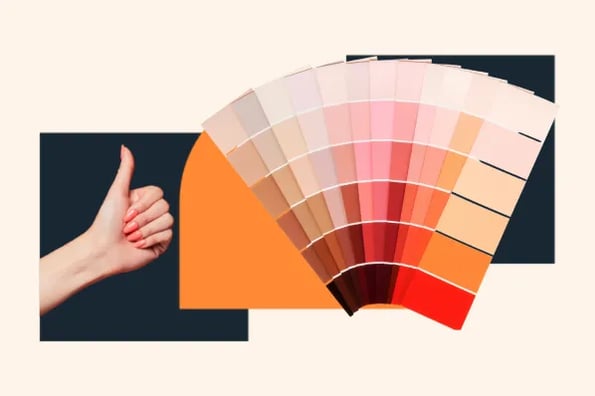
50 Unforgettable Color Palettes to Help You Design Your Own
- August 7, 2023
- Knowledge Base
- 0 Comments
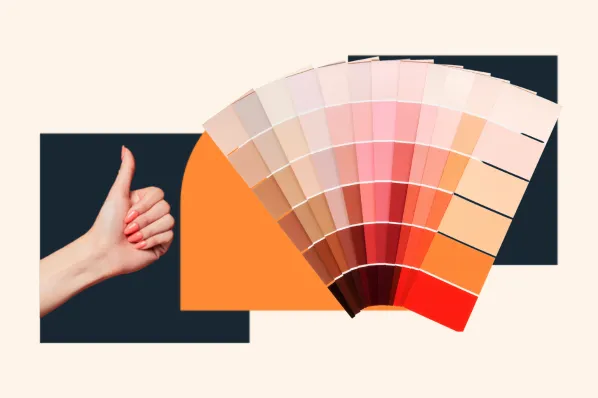
Choosing a color palette for your design project is an important decision that affects every aspect of your design’s performance, from visual impact to user experience.

In this post, you’ll find abundant color palette inspiration and, more importantly, learn how to choose the right palette for your unique project.
Table of Contents
Choosing The Right Color Palette for Your Design Project
While selecting a color palette without much consideration might be tempting, you must understand that your color choices must be intentional and informed.
Colors are much more than aesthetics. Choosing colors that achieve the desired impact and communicate the intended meaning requires careful and thoughtful selection.
The question then becomes — how do you find a color palette that aligns with your design needs and preferences? A great starting point is to establish a framework for understanding and organizing these palettes through categorization.
Color Palette Categories
Understanding color palette categorization allows you to identify palettes that align with your design requirements and broadens your creative horizons beyond your habitual preferences.
While there aren’t any hard or fast rules about categorizing the near-infinite number of possible color combinations, we can approach this in two ways — creating color palettes based on the color wheel or based on inspiration. Each has unique advantages.
Note: Most palettes will belong to more than one category across both categorization methods.
Categorizing Color Palettes Based on the Color Wheel
This method categorizes color palettes based on how the colors within the palette interact with the color wheel. For context, the color wheel is a circular illustration where the position of one or more colors relative to others depicts their relationships.
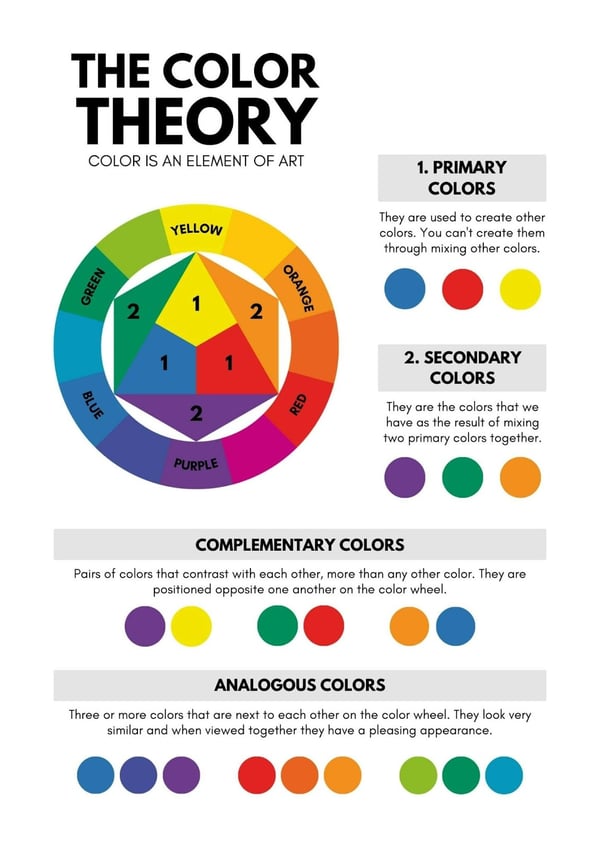
Here are some color palette categories based on this method.
1. Analogous Color Palettes
An analogous color palette, or related color scheme, is based on colors directly beside each other on the color wheel.
For example, in a basic color wheel that consists of primary and secondary colors, an analogous palette might consist of green, yellow, and orange.
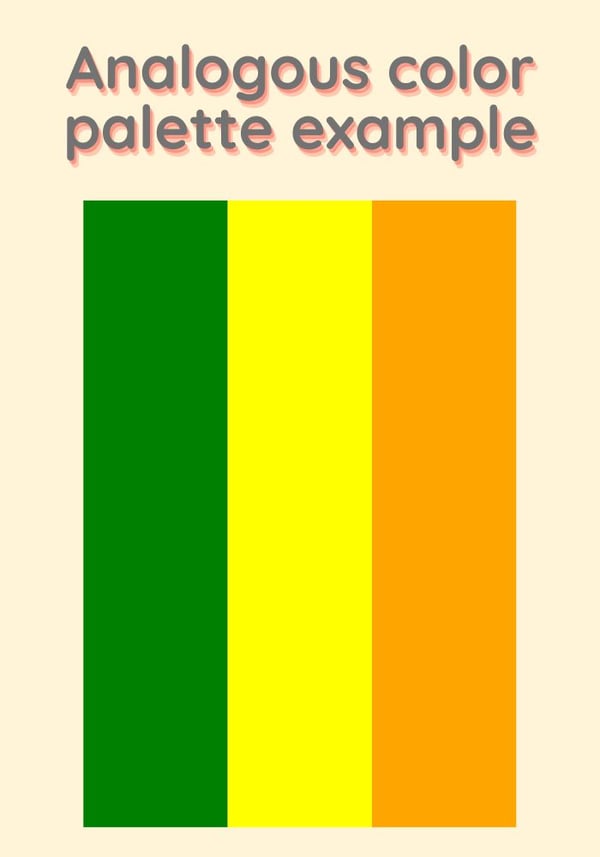
These palettes are great for achieving color harmony and smooth transitions between the colors in your design.
2. Complementary Color Palettes
A complementary color palette, or contrasting color scheme, is based on colors opposite each other on the color wheel.
For example, in a basic color wheel that consists of primary and secondary colors, the complementary pairs would be green/red, yellow/purple, and blue/orange.
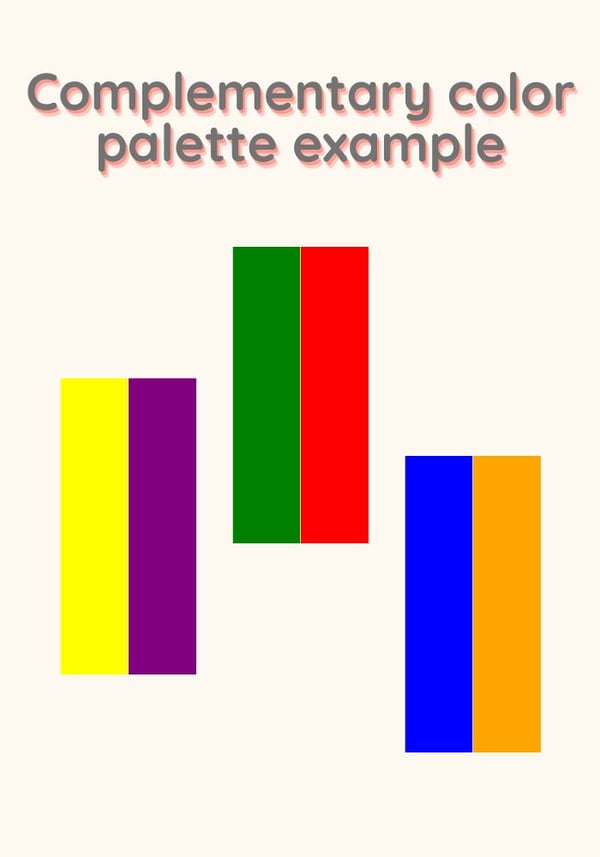
These palettes are great for achieving contrast in your designs while maintaining balance. As an additional tip, consider using your key color as the dominant hue while the others serve as complementary or accent colors.
3. Triadic Color Palettes
A triadic color palette consists of three evenly spaced colors along the color wheel. A simple way to find colors that fall within this category is to draw an equilateral triangle on the color wheel and select the colors at each point of the triangle.
For example, the primary colors on a basic color wheel (red, blue, and yellow) form a primary triad, while the secondary colors on a basic color wheel (orange, green, and purple) form a secondary triad.
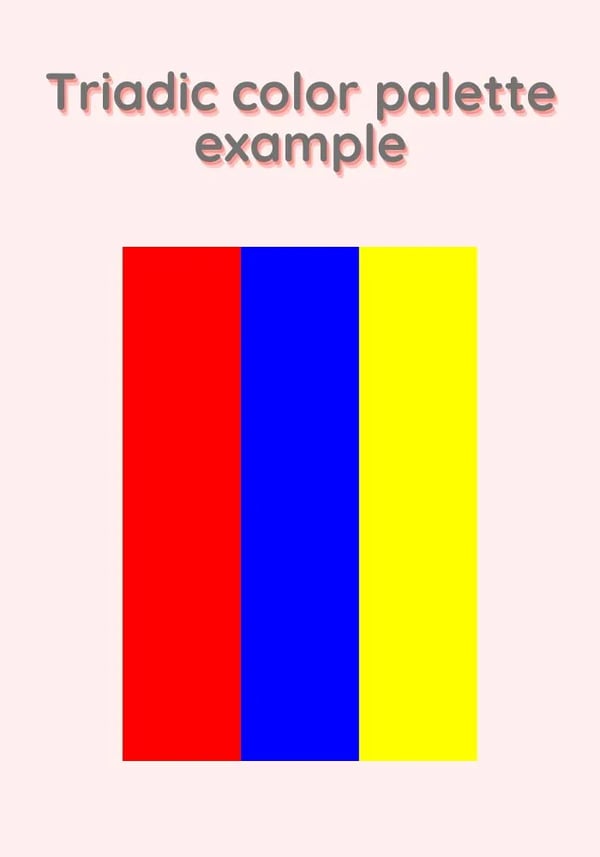
These palettes are great because, if done right, they allow you to create versatility and depth in your designs without sacrificing harmony.
4. Tetradic Color Palettes
A tetradic, or double complementary, color palette is similar to the triadic color palette; however, this palette consists of four colors evenly spaced out on the color wheel.
The easiest way to find these colors is to start by selecting a base color and then choose three other colors equidistant from the base color on the color wheel.
For example, in a primary color wheel, if the base color is red, the other three colors in the tetradic palette would be green, blue, and yellow.
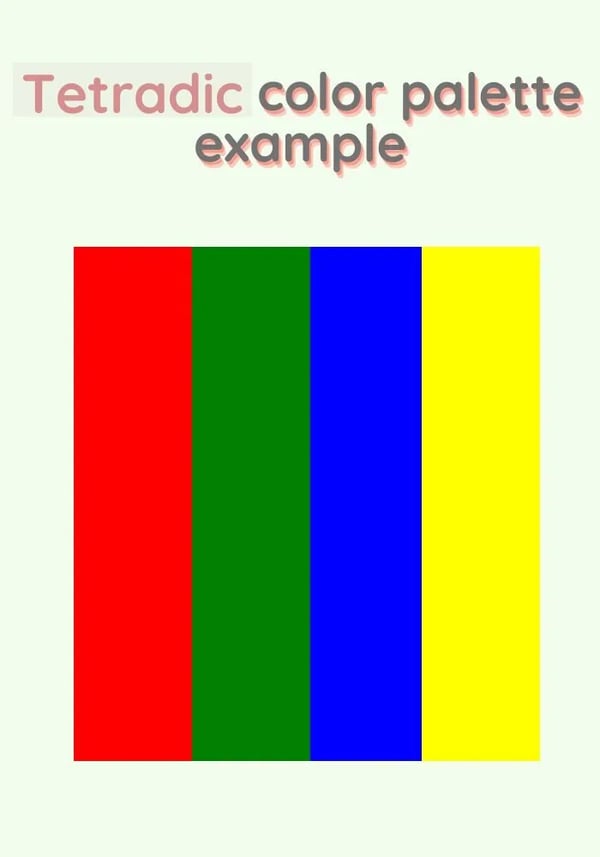
Tetradic palettes are great because they help you create vibrancy and visual interest through high contrast levels between the colors.
Categorizing Color Palettes Based on Inspiration
Another approach to categorizing color palettes is referencing the external sources of inspiration the palettes draw from.
Rather than starting with colors, this method observes objects, locations, events, etc., and uses the most prominent colors associated with them to form a palette.
Here are some categories based on this method:
1. Warm vs. Cool-Toned Color Palettes
The categorization of warm versus cool color palettes is based on the perceived temperatures of colors derived from how they are naturally observed.
For example, red, orange, and yellow are considered warm colors due to their natural association with heat, warmth, and fire. The meanings attributed to these colors extend beyond their natural occurrences and evoke sensations related to them, such as passion, anger, and energy.
On the other hand, cool colors are naturally associated with colder elements like water and sky. And similar to warm colors, these are also associated with certain feelings such as calmness, tranquility, and even elegance. Some examples include colors like blues and greens.
So, these palettes can then be used to help designers pass across a visual message that evokes these associated feelings.
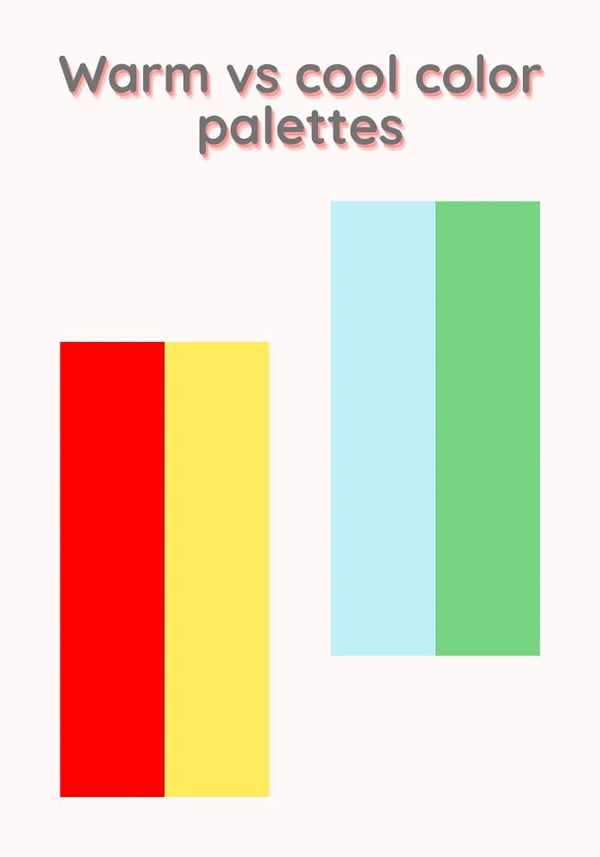
2. Seasonal Color Palettes
Seasonal color palettes are unique combinations of colors inspired by specific seasons of the year. These palettes incorporate colors naturally associated with particular seasons to capture and evoke the period’s mood, atmosphere, and emotions.
With this category of color palettes, the geographic context of where the designs will be displayed is crucial because the audience’s familiarity with the referenced season determines their ability to relate to and resonate with the design.
For example, a palette that uses “autumn colors” (orange, red, yellow, and brown) will only be relevant in locations where the audience experiences and values the changing autumn leaves.
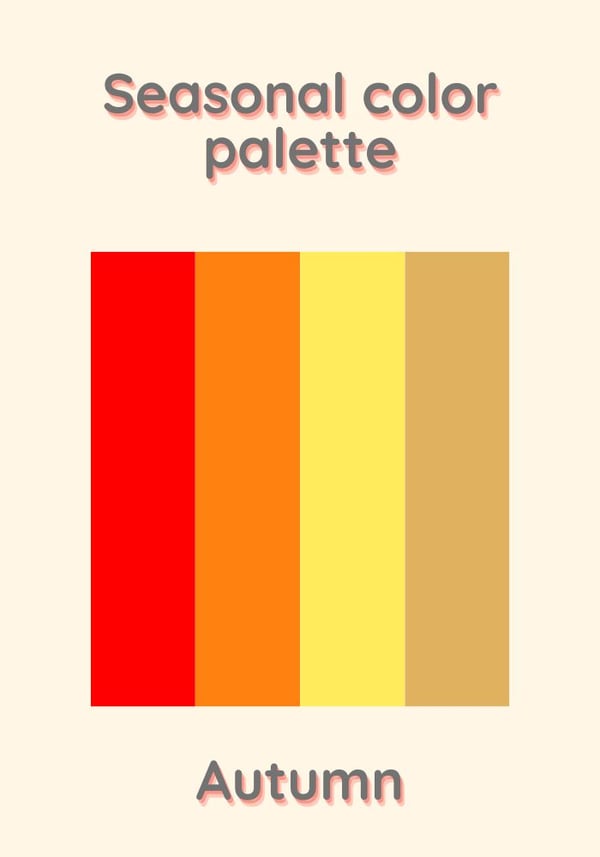
3. Thematic Color Palettes
Thematic color palettes are palettes inspired by a specific theme or concept.
While these palettes allow for endless creative possibilities, selecting a palette that resonates with your audience and effectively communicates the design’s narrative requires a deep understanding of your audience and project. It’s also important to note that these palettes often have to be used in collaboration with elements related to the referenced theme.
Some examples of thematic color palettes include retro-inspired, space-inspired, and even minimalistic.
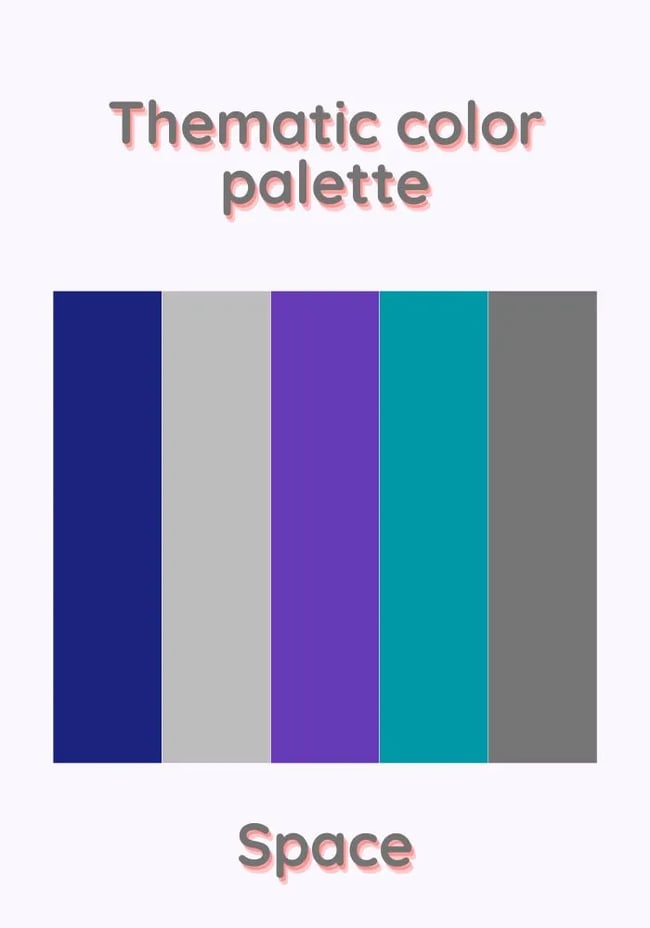
Bonus category: Monochromatic Color Palettes
A monochromatic color palette modifies a base color using shades, tones, or tints to create variations of that single color.
For example, a monochromatic color palette might use the color pink as a base color and then incorporate other shades of pink by adding varying degrees of white, black, or gray.
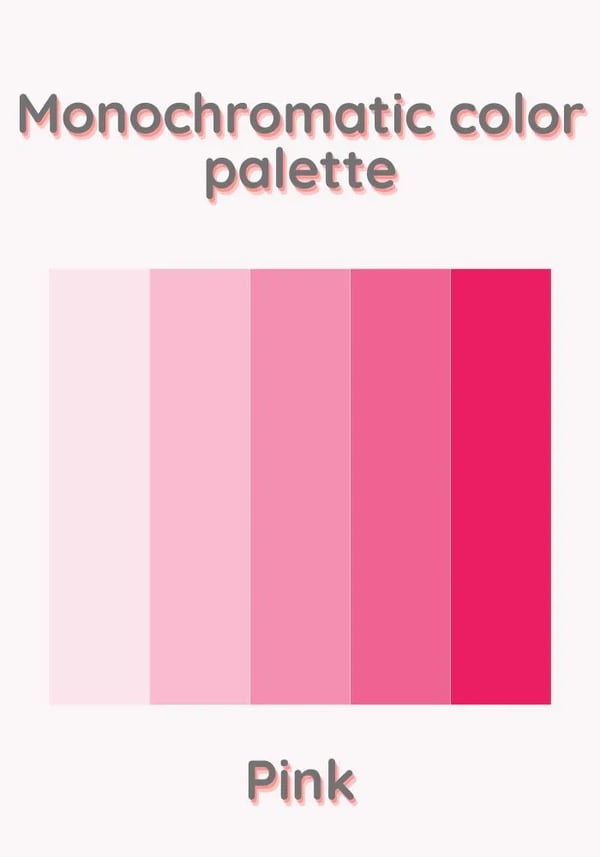
50 Color Palette Examples to Inspire Your Next Project
Now that you understand how to think about color palettes, here are some palettes to consider for your next creative project. These palettes have also been categorized to help you quickly determine whether they fit your design project.
Please note that while some of these palettes may fall into multiple categories, they have been assigned a maximum of two primary categories for simplicity’s sake.
1. Sunset Serenade
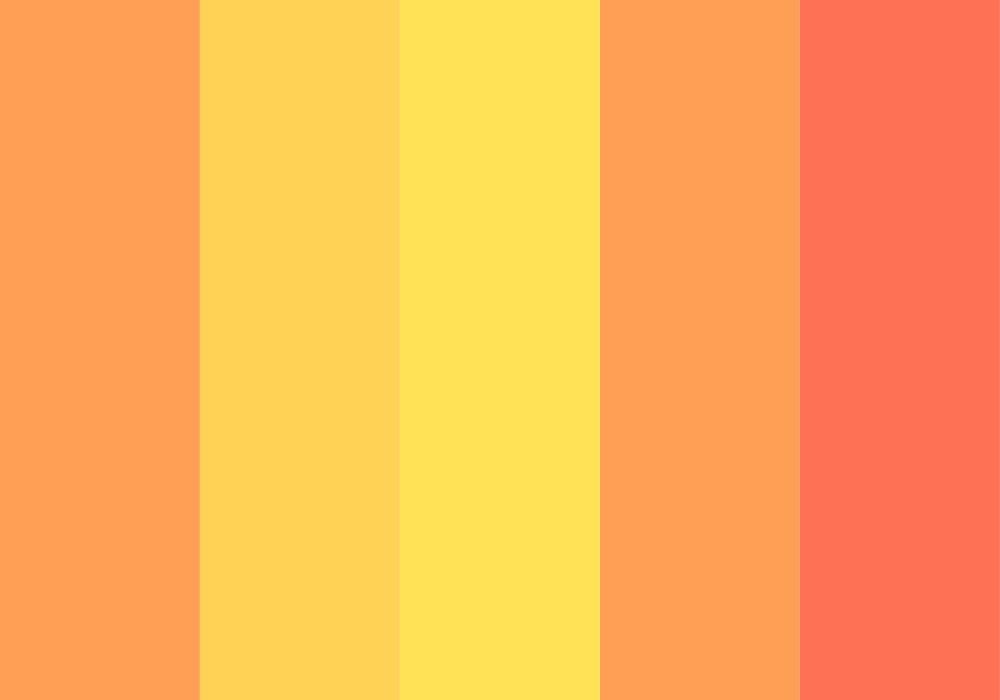
Categories: Analogous. Thematic.
Hex Codes:
- Orange: #FF9F55
- Yellow: #FFD255
- Yellowish: #FFE255
- Orange: #FF9F55
- Reddish Orange: #FF7155
2. Ocean Breeze
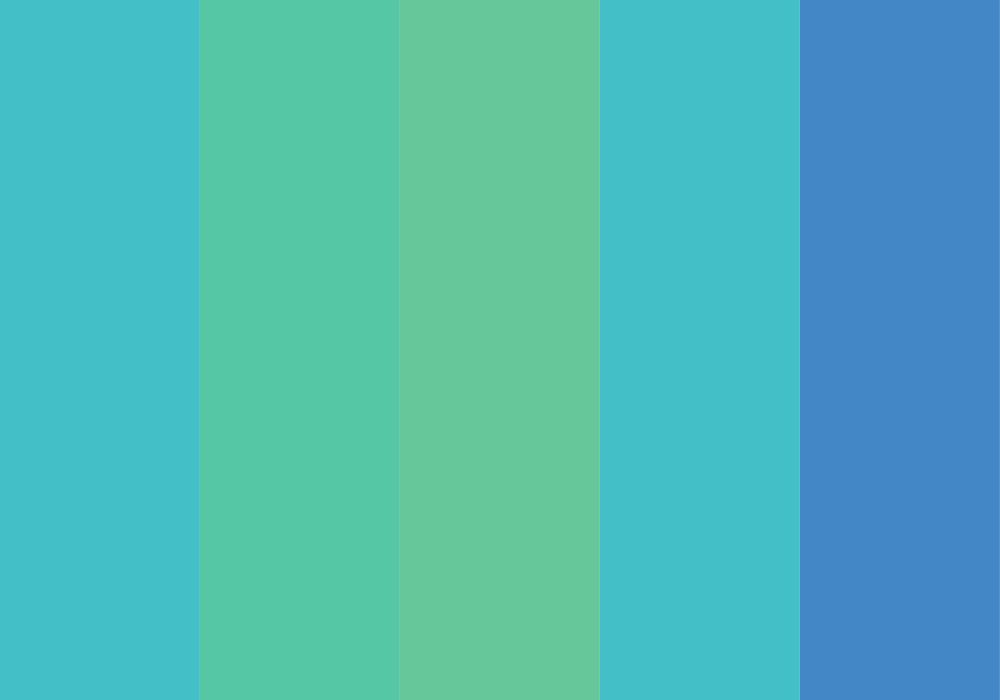
Categories: Analogous. Thematic. Cool-toned.
Hex Codes:
- Turquoise: #43BFC7
- Aquamarine: #55C7A5
- Greenish Blue: #66C79B
- Turquoise: #43BFC7
- Cerulean Blue: #4387C7
3. Spring Meadow
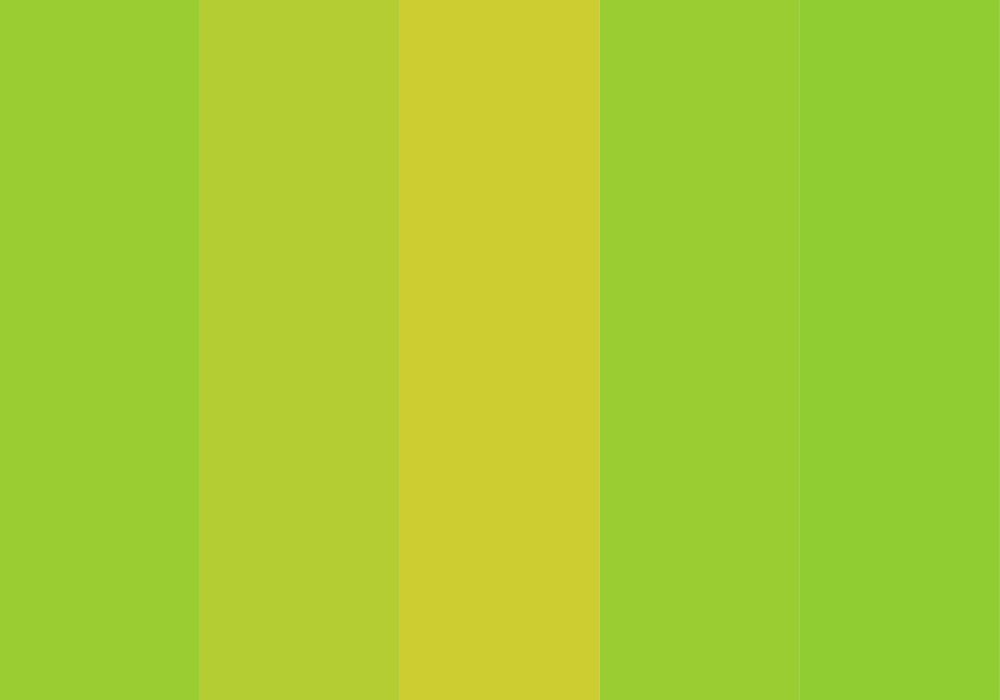
Categories: Analogous. Seasonal.
Hex codes:
- Yellowish Green: #9ACD32
- Lime Green: #B4CD32
- Medium Yellow-Green: #CDCD32
- Yellowish Green: #9ACD32
- Bright Lime: #8FCD32
4. Autumn Harvest
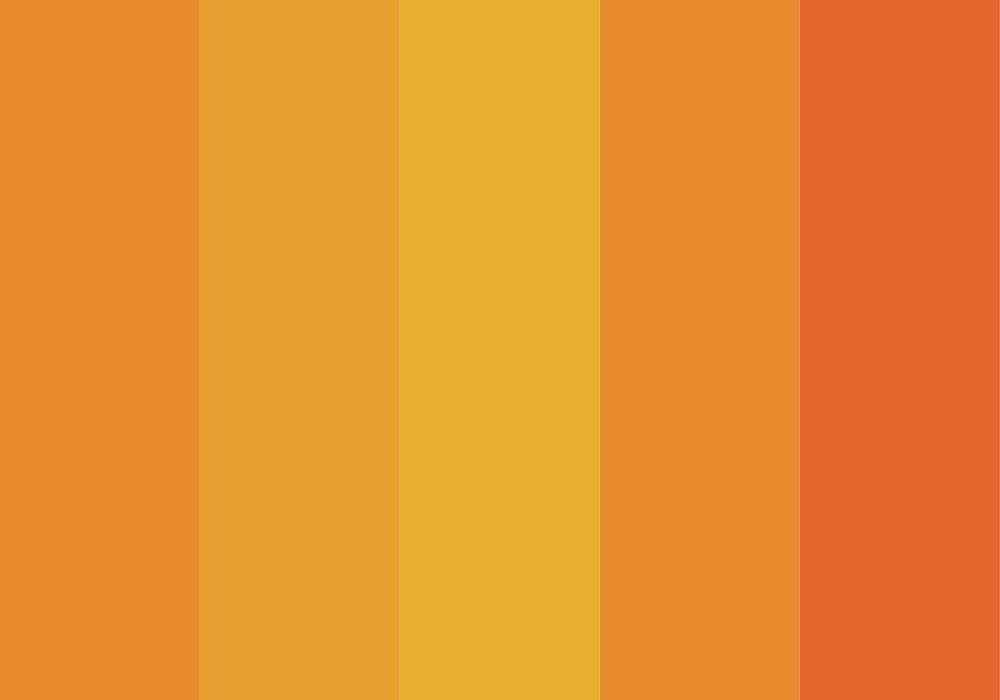
Categories: Analogous. Seasonal.
Hex codes:
- Orange: #E68A2E
- Yellowish Orange: #E69E2E
- Golden Yellow: #E6B02E
- Orange: #E68A2E
- Reddish Orange: #E6642E
5. Candy Store
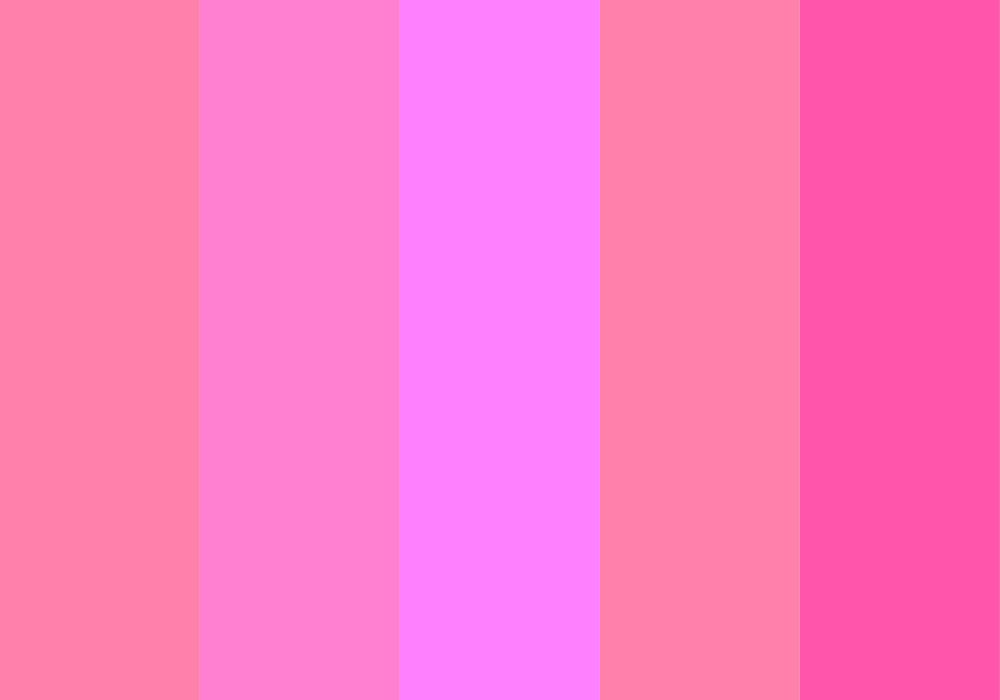
Categories: Analogous. Thematic.
Hex codes:
- Pink: #FF80AA
- Pinkish Purple: #FF80D1
- Magenta: #FF80FF
- Pink: #FF80AA
- Purplish Pink: #FF55AA
6. Desert Sands
Categories: Analogous. Thematic.
Hex codes:
- Beige: #E5CBA1
- Sand Yellow: #E5D2A1
- Pale Yellow: #E5D9A1
- Beige: #E5CBA1
- Light Brown: #E5C2A1
7. Winter Chill
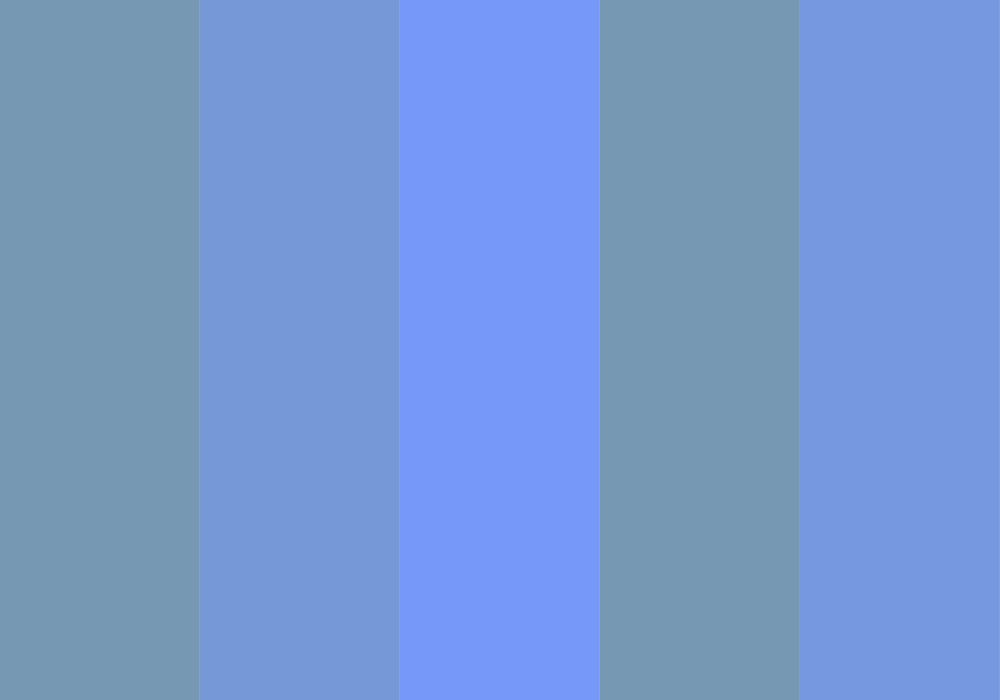
Categories: Analogous. Seasonal.
Hex codes:
- Light Blue: #7698B3
- Sky Blue: #7698D6
- Cool Blue: #7698F8
- Light Blue: #7698B3
- Cerulean: #7698E1
8. Fiery Passion
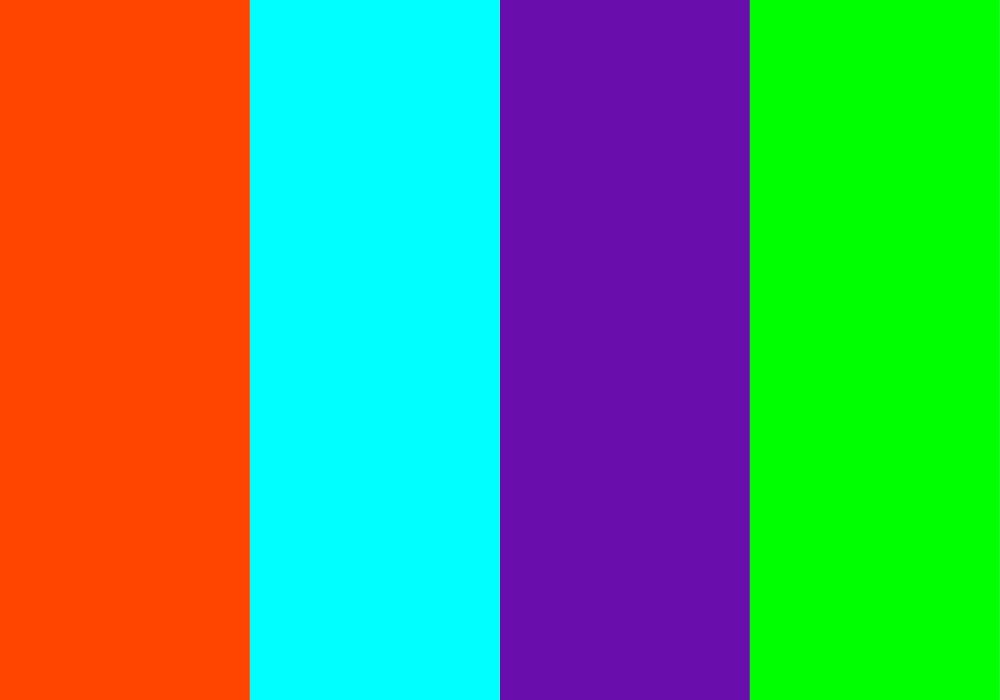
Categories: Complementary. Thematic.
Hex codes:
- Flame Orange: #FF4500
- Electric Blue: #00FFFF
- Royal Purple: #6A0DAD
- Lime Green: #00FF00
9. Fresh Citrus
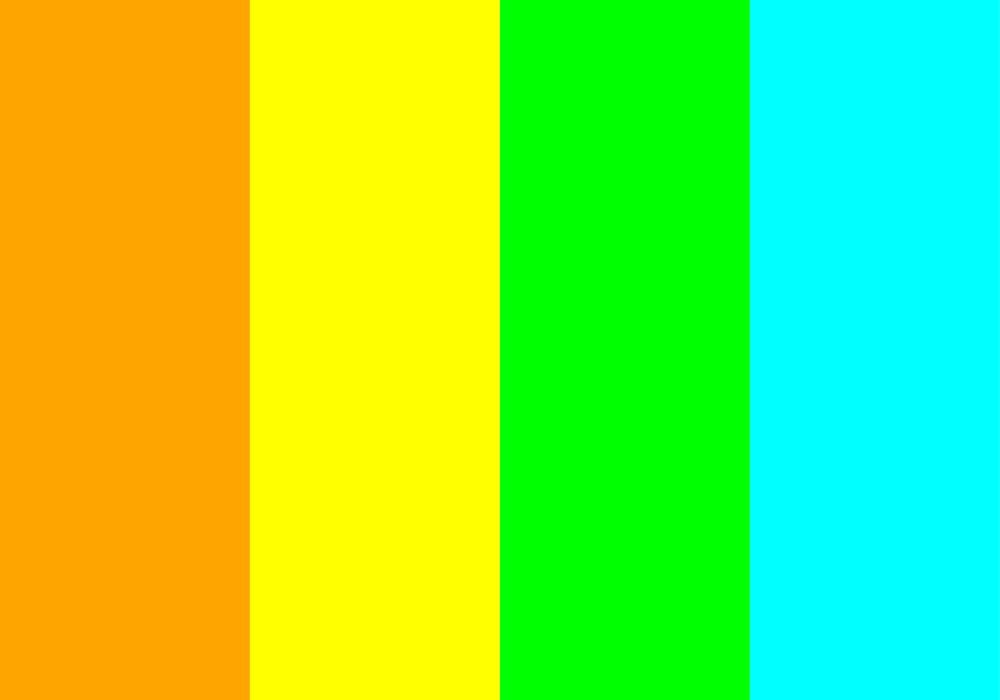
Categories: Complementary. Thematic.
Hex Codes:
- Tangy Tangerine: #FFA500
- Zesty Lemon: #FFFF00
- Lively Lime: #00FF00
- Splash of Aqua: #00FFFF
10. Bold Harmony
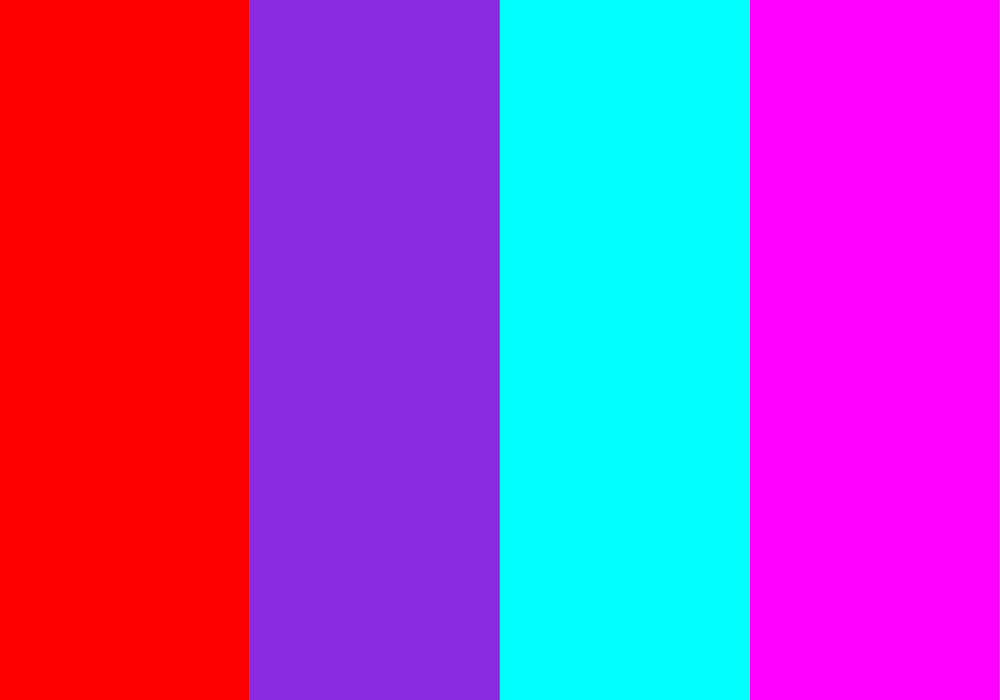
Categories: Complementary.
Hex Codes:
- Radiant Red: #FF0000
- Vivid Violet: #8A2BE2
- Electric Blue: #00FFFF
- Fierce Fuchsia: #FF00FF
11. Nature’s Delight
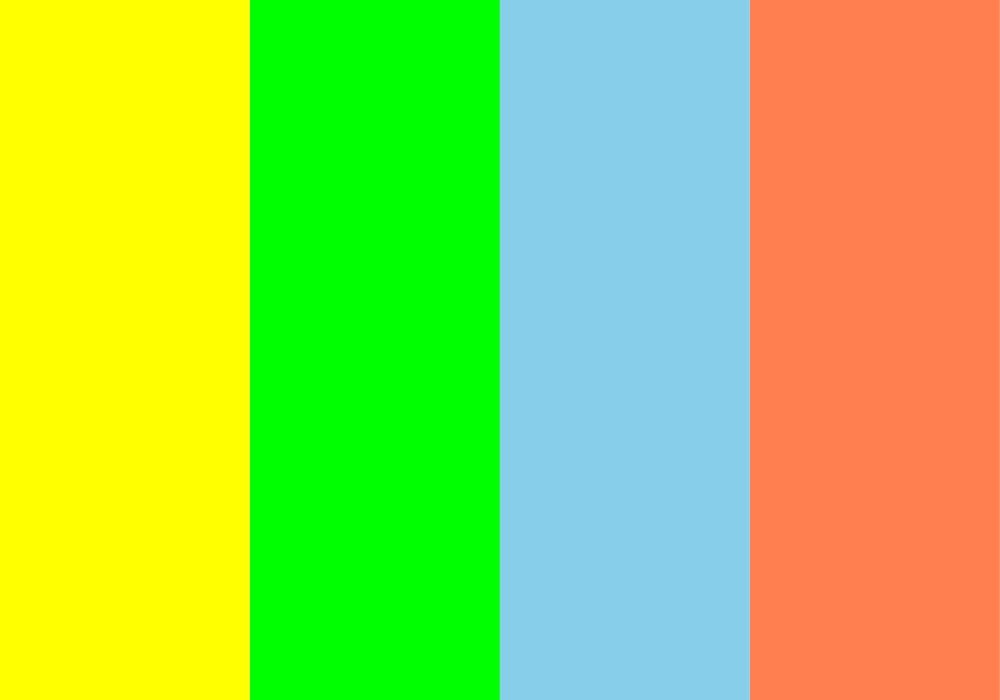
Categories: Complementary. Thematic.
Hex Codes:
- Sunshine Yellow: #FFFF00
- Leafy Green: #00FF00
- Sky Blue: #87CEEB
- Coral Burst: #FF7F50
12. Tropical Paradise
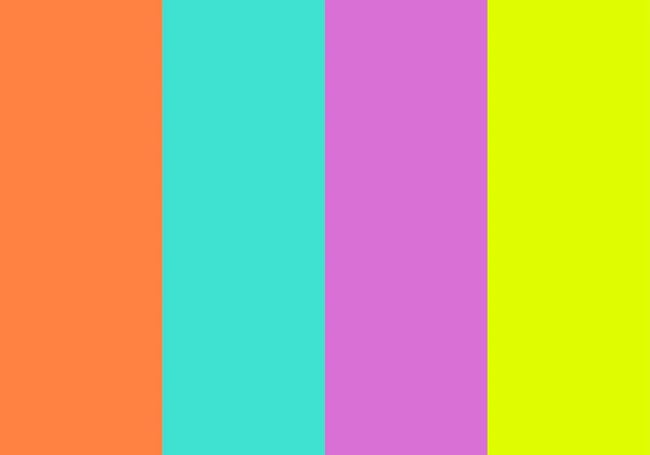
Categories: Complementary. Thematic.
Hex codes:
- Mango Tango: #FF8243
- Turquoise Waters: #40E0D0
- Orchid Bloom: #DA70D6
- Sunny Citron: #DFFF00
13. Vibrant Energy
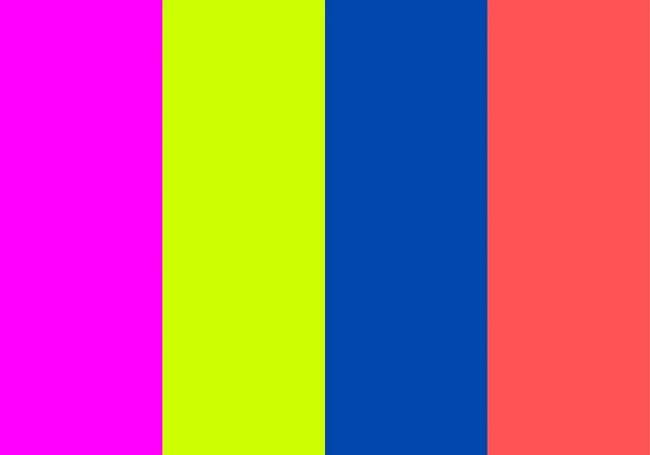
Categories: Complementary. Thematic.
Hex codes:
- Bold Magenta: #FF00FF
- Electric Lime: #CCFF00
- Cobalt Blue: #0047AB
- Fiery Coral: #FF5252
14. Dynamic Sunset
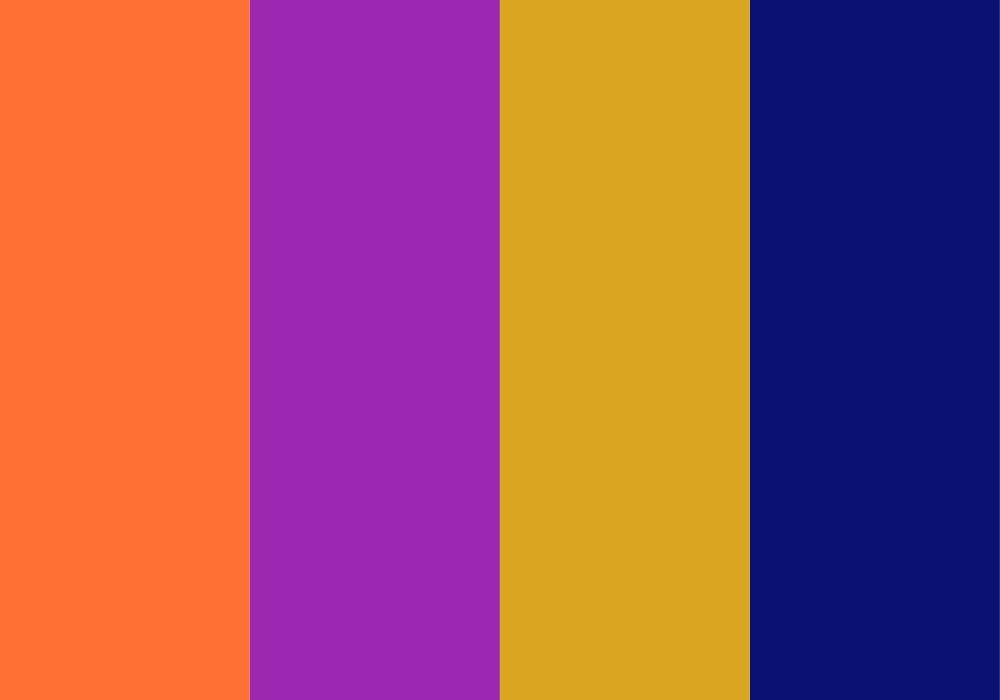
Categories: Complementary. Thematic.
Hex codes:
- Burnt Orange: #FF7034
- Deep Amethyst: #9C27B0
- Goldenrod Yellow: #DAA520
- Twilight Blue: #0A1172
15. Vibrant Trio
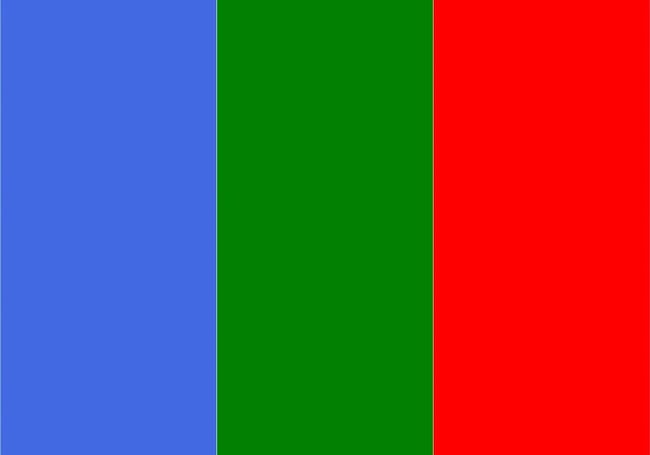
Categories: Triadic.
Hex codes:
- Royal Blue: #4169E1
- Emerald Green: #008000
- Fiery Red: #FF0000
16. Citrus Burst
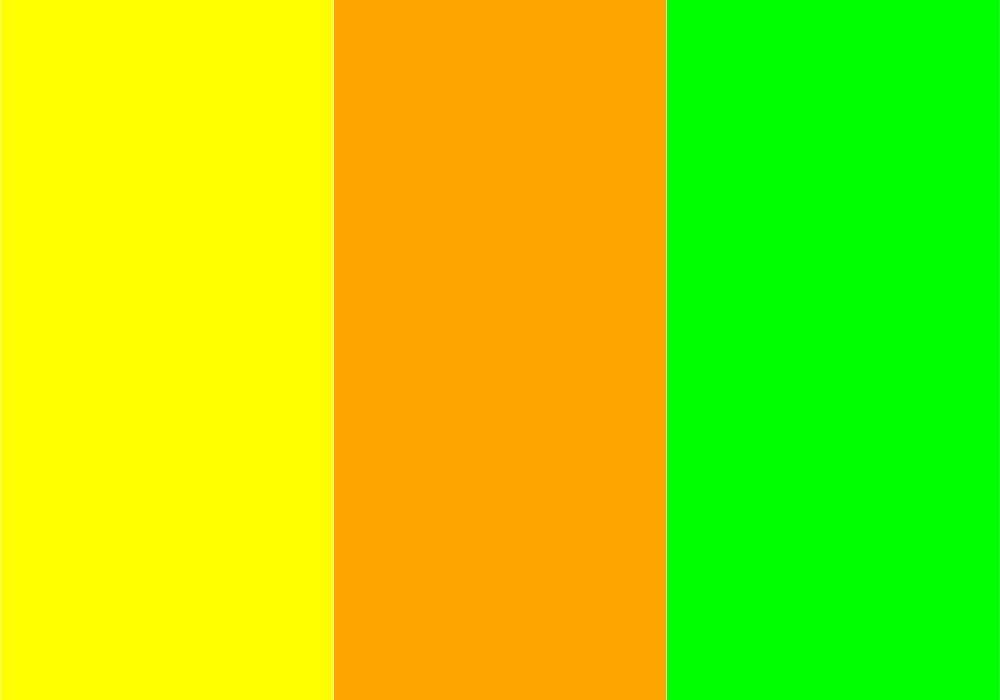
Categories: Triadic. Thematic.
Hex codes:
- Sunny Yellow: #FFFF00
- Tangy Orange: #FFA500
- Lively Lime: #00FF00
17. Pastel Dream
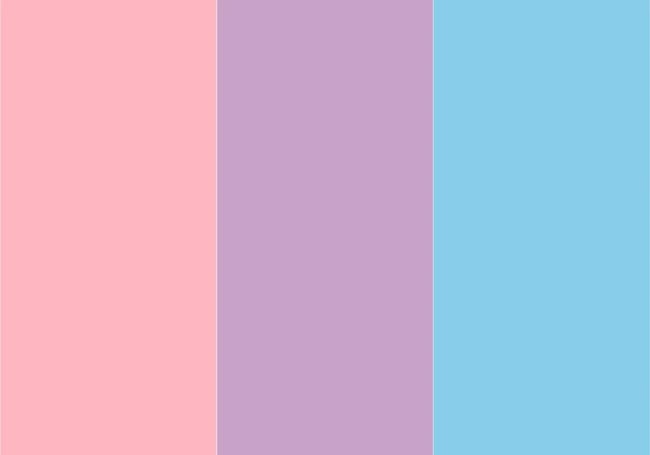
Categories: Triadic. Thematic.
Hex codes:
- Soft Pink: #FFB6C1
- Lilac Purple: #C8A2C8
- Sky Blue: #87CEEB
18. Tropical Sunset
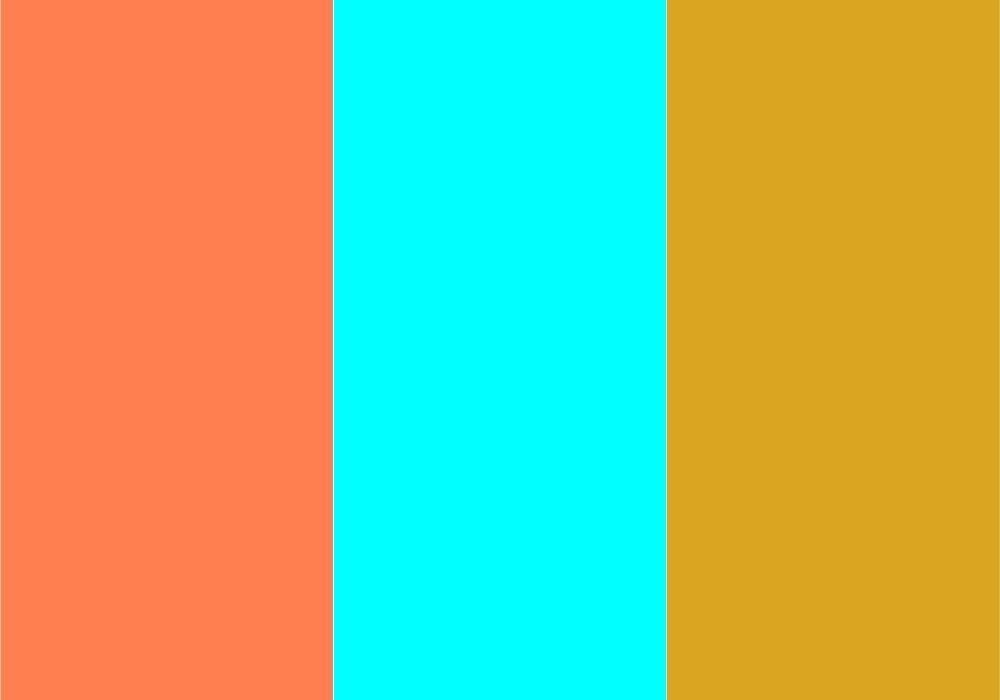
Categories: Triadic. Thematic.
Hex codes:
- Coral Orange: #FF7F50
- Electric Blue: #00FFFF
- Goldenrod Yellow: #DAA520
19. Spring Blossom
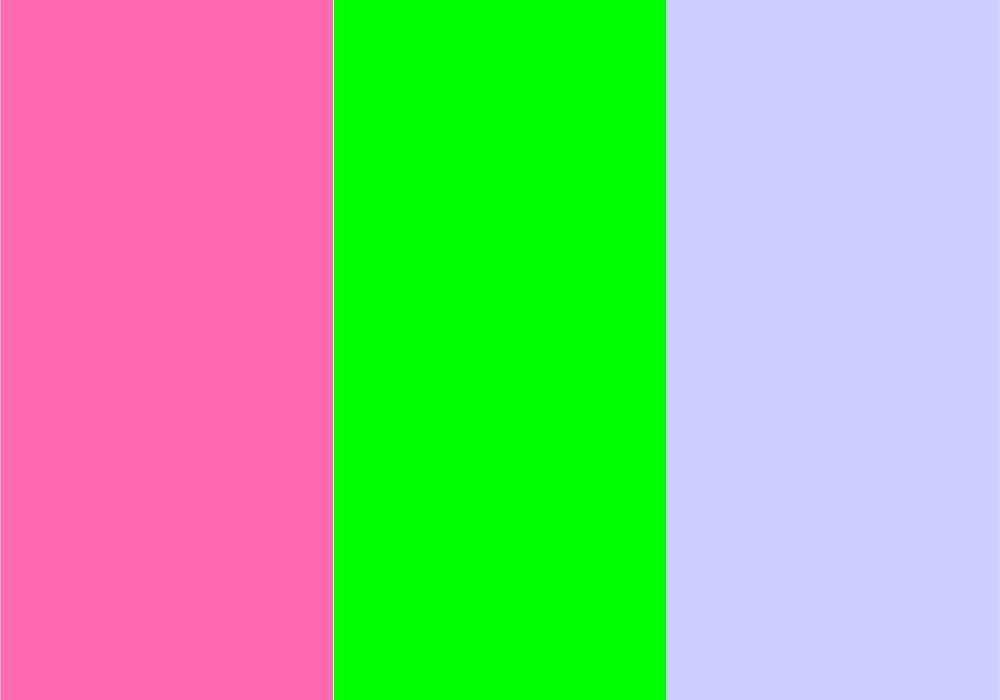
Categories: Triadic. Seasonal.
Hex codes:
- Rosy Pink: #FF69B4
- Fresh Green: #00FF00
- Periwinkle Blue: #CCCCFF
20. Electric Harmony
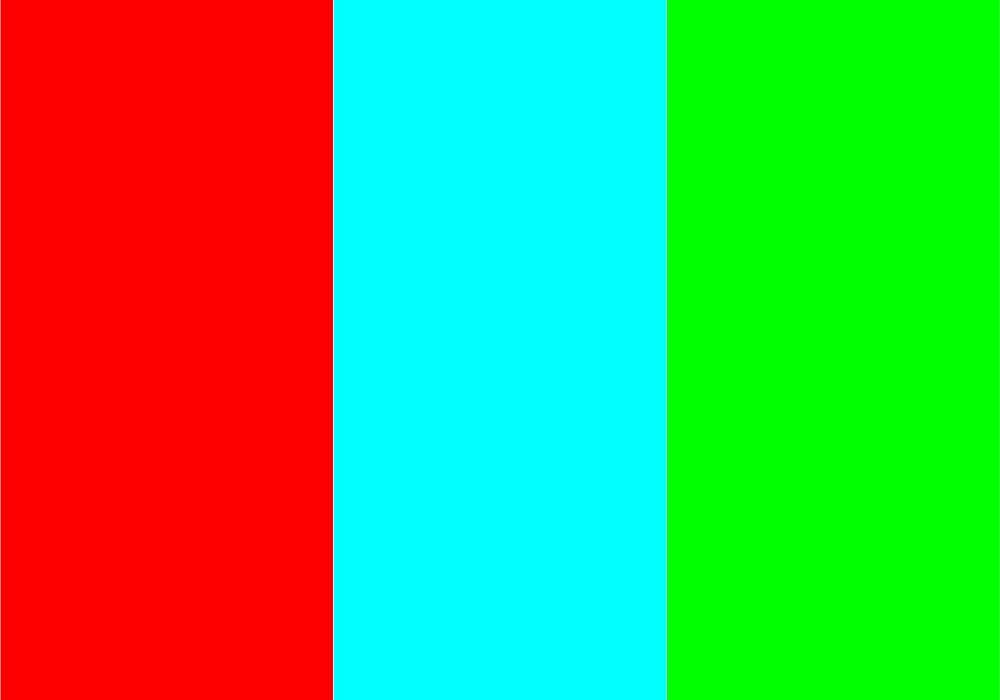
Categories: Triadic.
Hex codes:
- Radiant Red: #FF0000
- Electric Blue: #00FFFF
- Lime Green: #00FF00
21. Earthy Tones
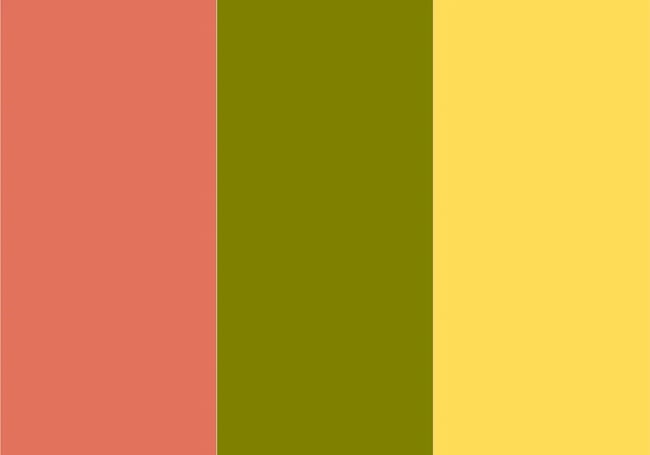
Categories: Triadic. Thematic.
Hex codes:
- Terracotta: #E2725B
- Olive Green: #808000
- Mustard Yellow: #FFDB58
22. Radiant Quartet
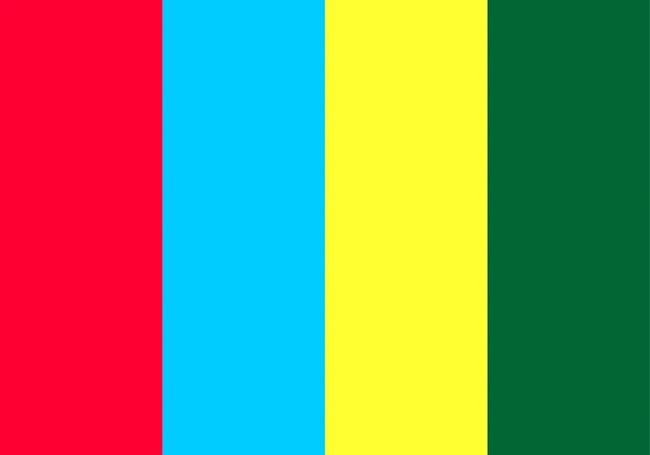
Categories: Tetradic.
Hex codes:
- Ruby Red: #FF0033
- Electric Blue: #00CCFF
- Sunshine Yellow: #FFFF33
- Deep Forest: #006633
23. Tropical Fusion
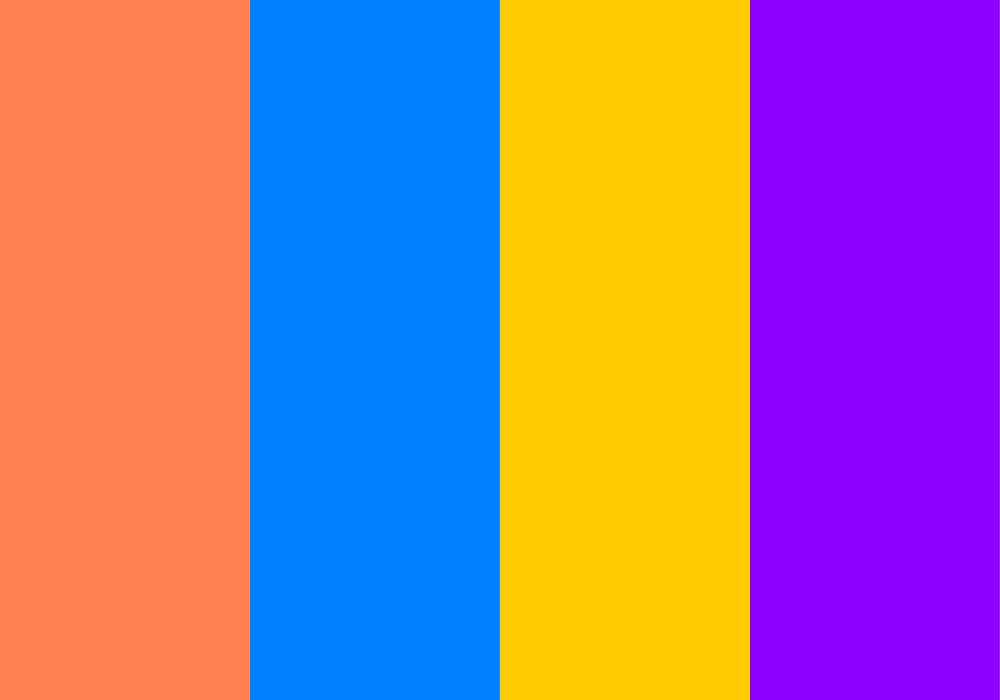
Categories: Tetradic. Thematic.
Hex codes:
- Coral Blaze: #FF7F50
- Azure Waters: #007FFF
- Citrus Burst: #FFCC00
- Royal Violet: #8B00FF
24. Citrus Zing
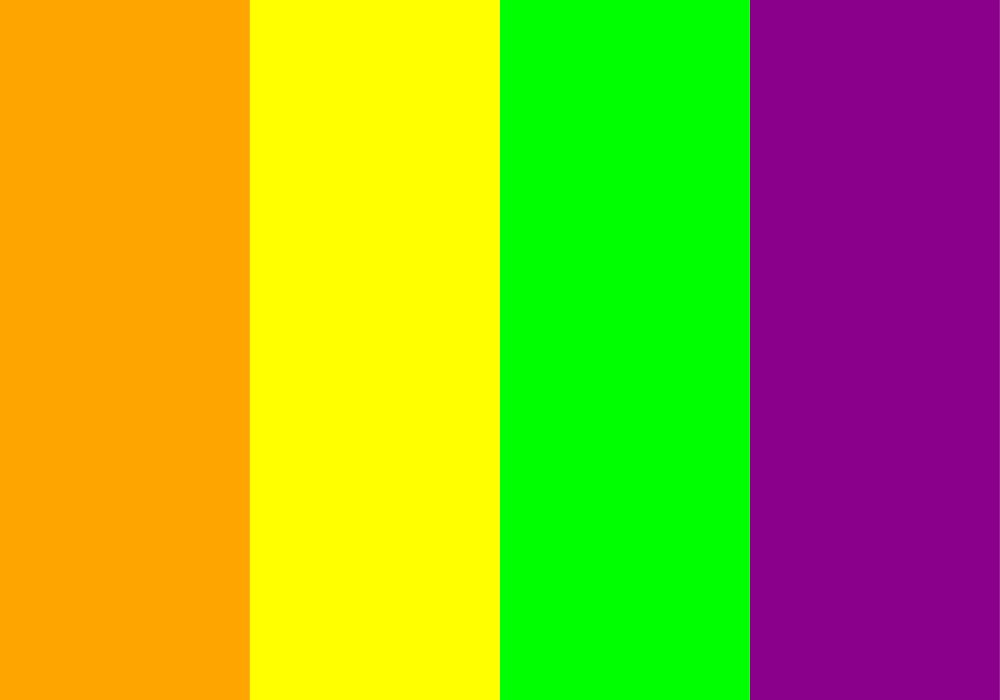
Categories: Tetradic. Thematic.
Hex codes:
- Tangy Tangerine: #FFA500
- Lemon Zest: #FFFF00
- Fresh Lime: #00FF00
- Plum Passion: #8B008B
25. Sunset Radiance
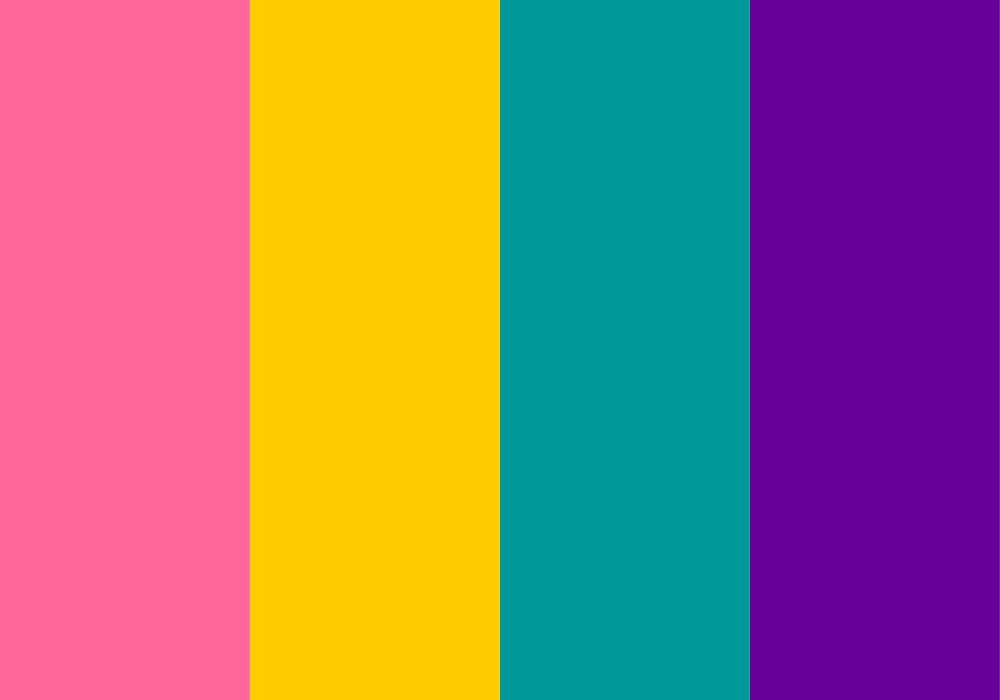
Categories: Tetradic. Thematic.
Hex codes:
- Blush Pink: #FF6699
- Golden Gleam: #FFCC00
- Teal Tempest: #009999
- Regal Purple: #660099
26. Earthy Harmony
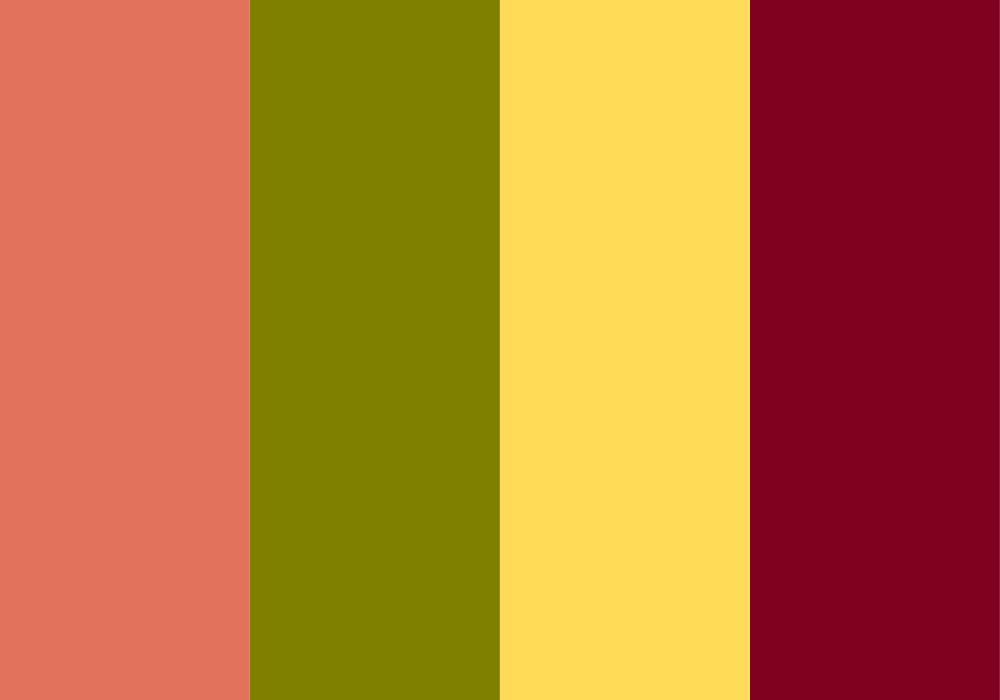
Categories: Tetradic. Thematic.
Hex codes:
- Terracotta Spice: #E2725B
- Olive Grove: #808000
- Mustard Glow: #FFDB58
- Deep Crimson: #800020
27. Electric Dreams
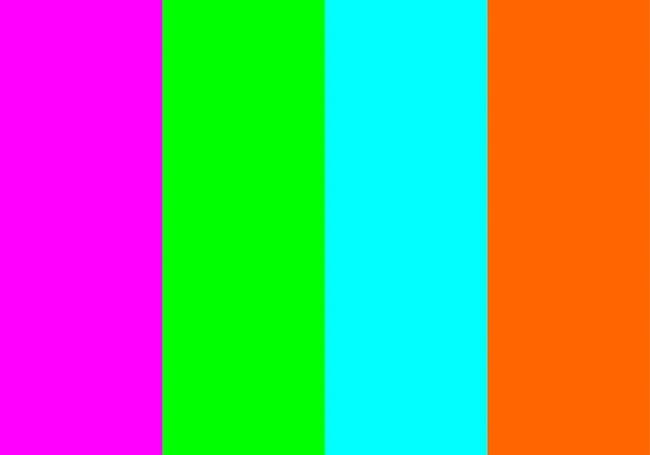
Categories: Tetradic.
Hex codes:
- Neon Fuchsia: #FF00FF
- Luminous Lime: #00FF00
- Electric Azure: #00FFFF
- Fiery Orange: #FF6600
28. Jeweled Opulence
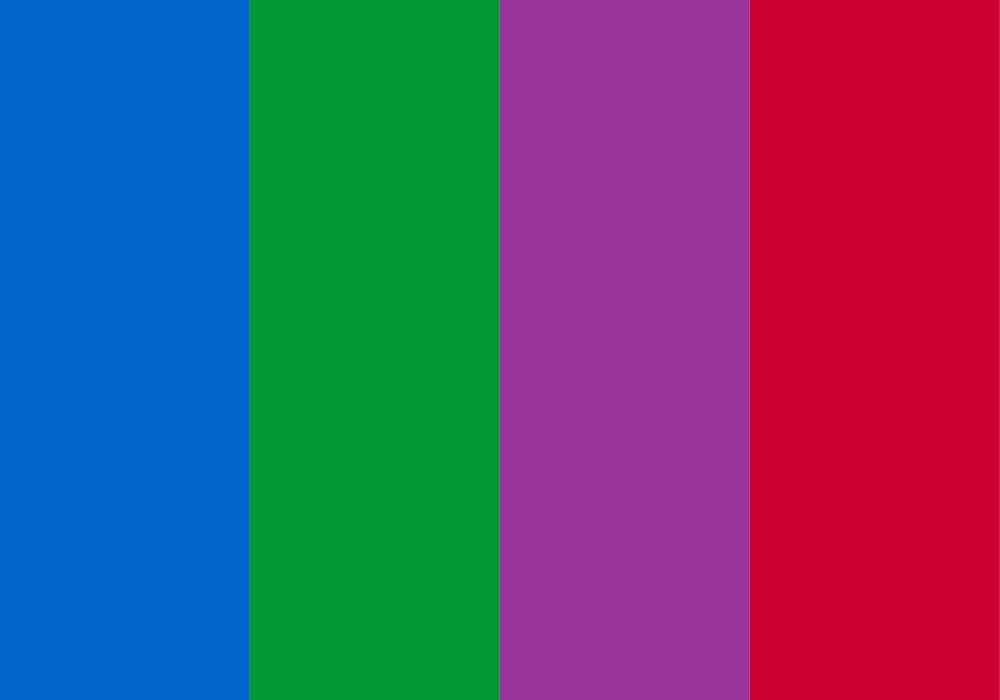
Categories: Tetradic. Thematic.
Hex codes:
- Sapphire Splendor: #0066CC
- Enchanted Emerald: #009933
- Amethyst Allure: #993399
- Crimson Radiance: #CC0033
29. Spring Awakening
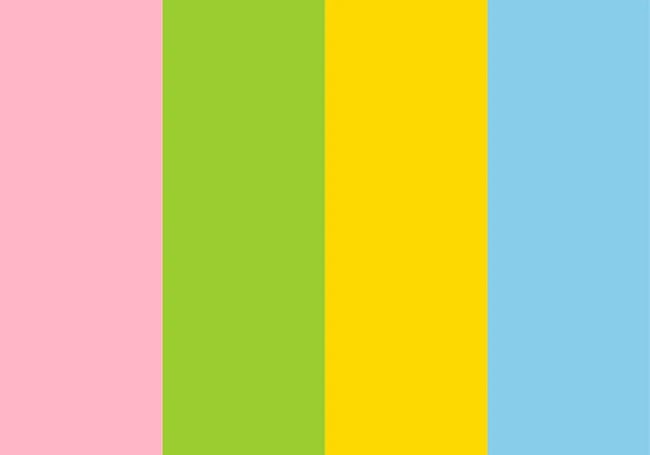
Categories: Seasonal.
Hex codes:
- Petal Pink: #FFB7C5
- Fresh Fern: #9ACD32
- Sunshine Yellow: #FFD700
- Sky Blossom: #87CEEB
30. Summer Breeze
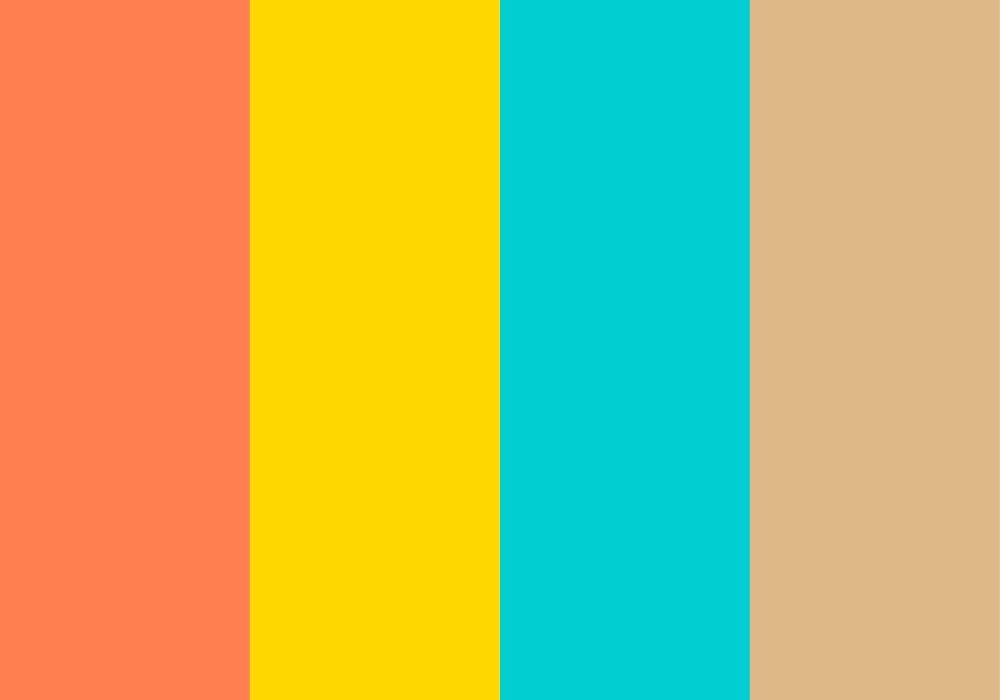
Categories: Seasonal.
Hex codes:
- Coral Delight: #FF7F50
- Golden Sunray: #FFD700
- Tropical Aqua: #00CED1
- Sandcastle Beige: #DEB887
31. Autumn Splendor
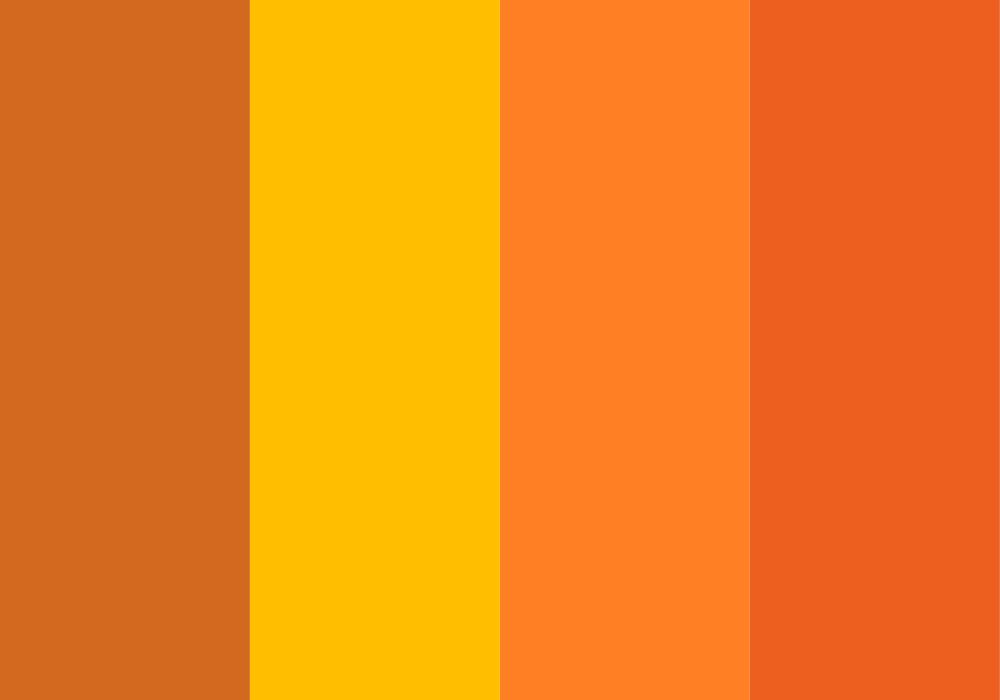
Categories: Seasonal.
Hex codes:
- Spiced Orange: #D2691E
- Amber Harvest: #FFBF00
- Cinnamon Spice: #FF7F24
- Burnt leaves: #ED5F1E
32. Winter Frost
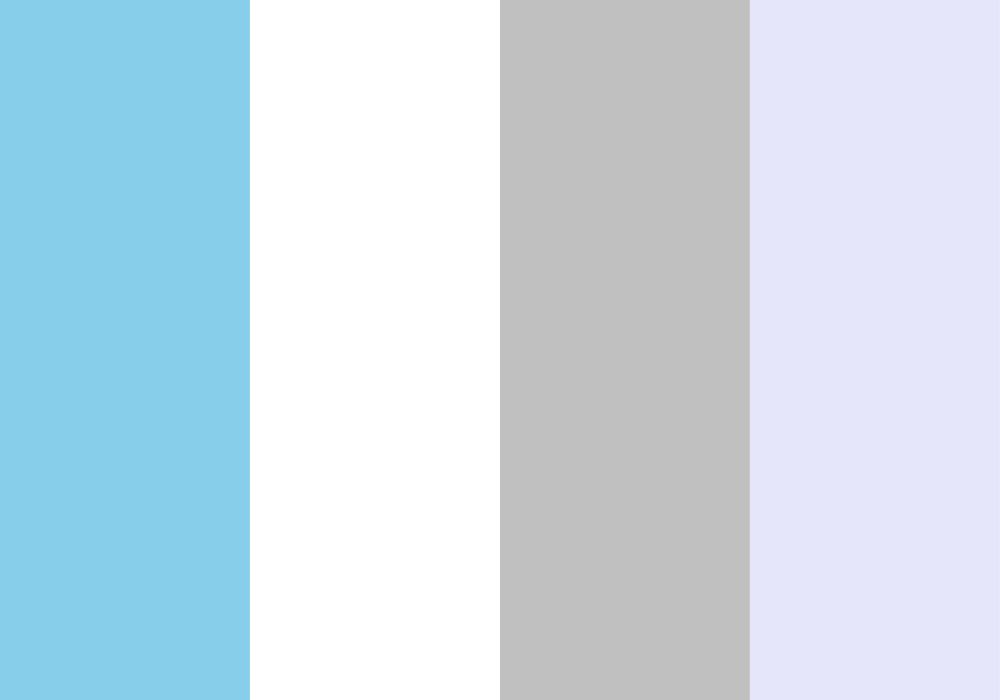
Categories: Seasonal.
Hex codes:
- Frosty Blue: #87CEEB
- Snowflake White: #FFFFFF
- Silver Frost: #C0C0C0
- Lavender Chill: #E6E6FA
33. Meadow Serenade
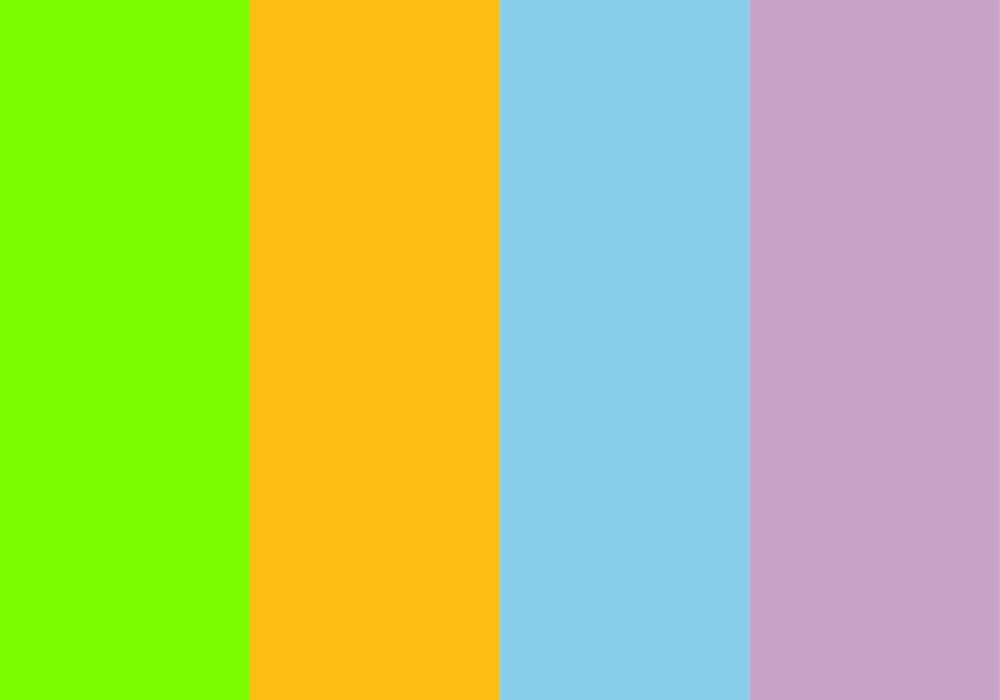
Categories: Seasonal.
Hex codes:
- Meadow Grass: #7CFC00
- Sunlit Dandelion: #FDBE13
- Azure Skies: #87CEEB
- Lilac Bloom: #C8A2C8
34. Tropical Oasis
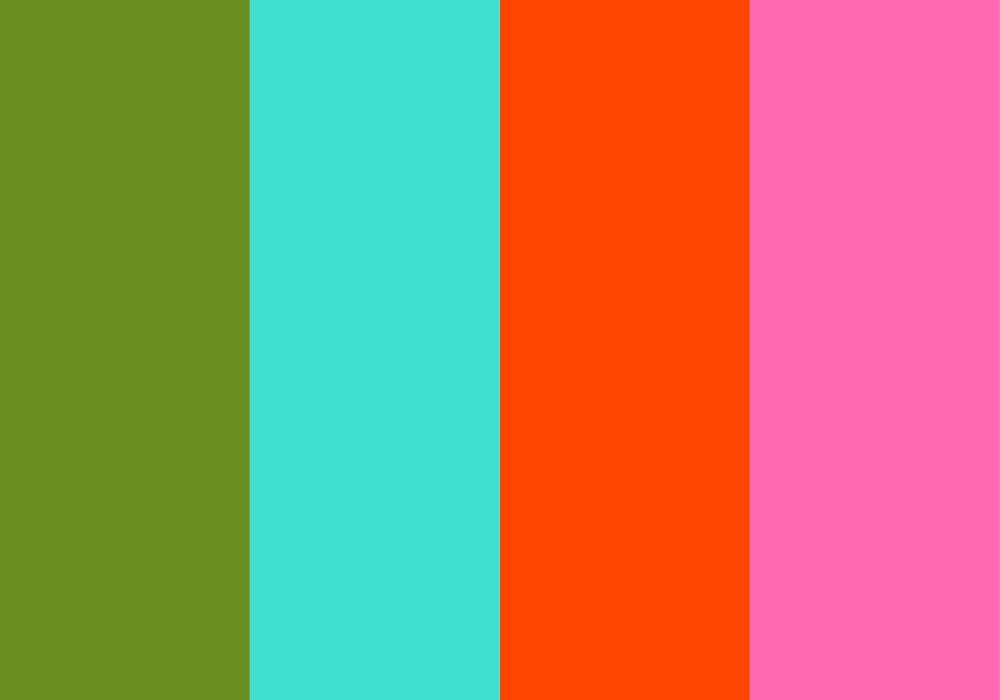
Categories: Seasonal.
Hex codes:
- Palm Paradise: #6B8E23
- Turquoise Lagoon: #40E0D0
- Sunset Glow: #FF4500
- Hibiscus Kiss: #FF69B4
35. Fireside Coziness
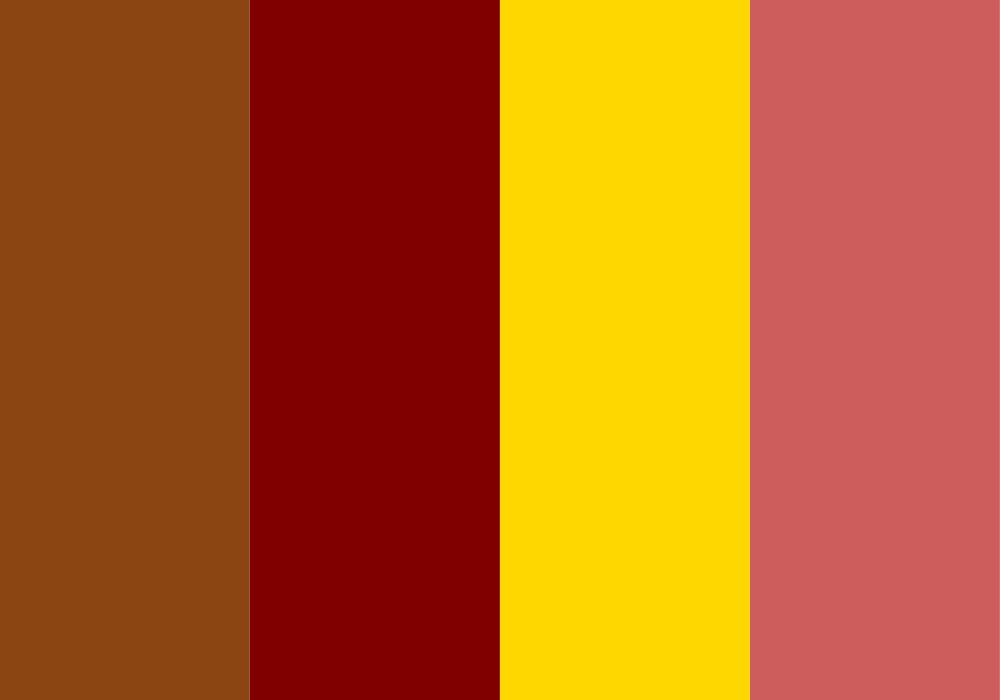
Categories: Thematic.
Hex codes:
- Cocoa Delight: #8B4513
- Mulled Crimson: #800000
- Golden Embrace: #FFD700
- Chestnut Toast: #CD5C5C
36. Enchanted Forest
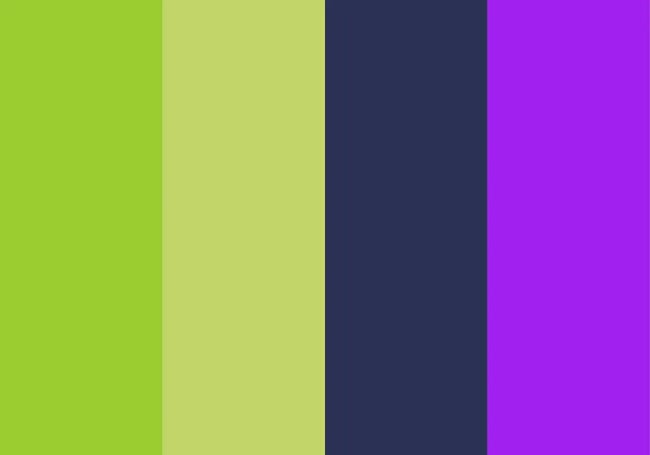
Categories: Thematic.
Hex codes:
- Moss Green: #9ACD32
- Sunlit Meadow: #C0D468
- Twilight Indigo: #2A3152
- Berry Bramble: #A020F0
37. Oceanic Depths
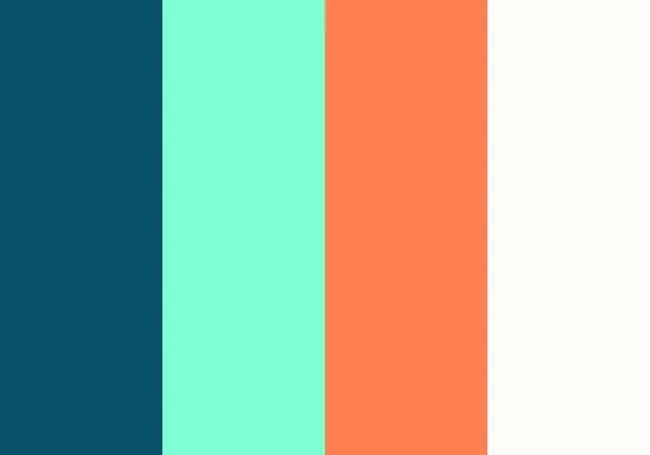
Categories: Thematic.
Hex codes:
- Deep Sea Blue: #084F6A
- Aquamarine Mist: #7FFFD4
- Coral Reef: #FF7F50
- Pearl White: #FFFDF8
38. Vintage Elegance
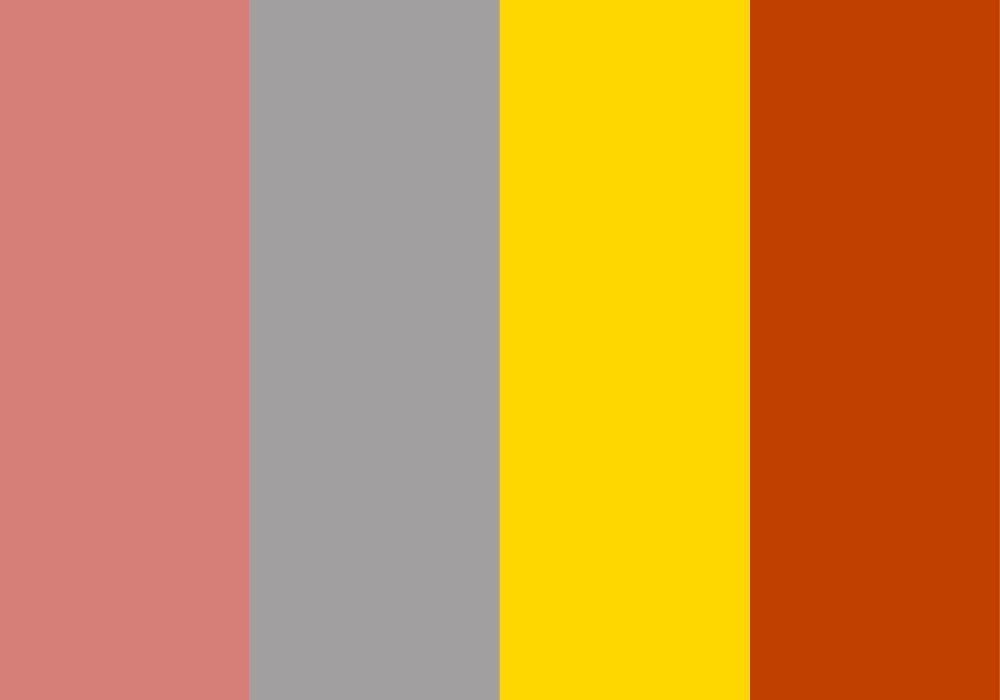
Categories: Thematic.
Hex codes:
- Antique Rose: #D67E78
- Dusty Lavender: #A19FA0
- Champagne Gold: #FFD700
- Rich Mahogany: #C04000
39. Urban Chic
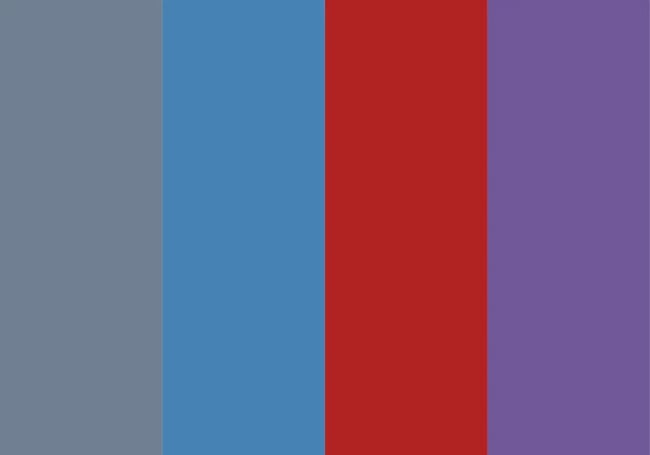
Categories: Thematic.
Hex codes:
- Slate Gray: #708090
- Steel Blue: #4682B4
- Brick Red: #B22222
- Urban Plum: #705898
40. Fiesta Celebration
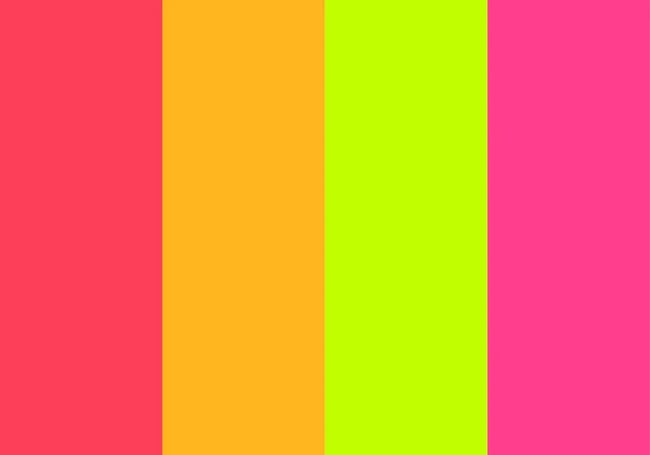
Categories: Thematic.
Hex codes:
- Salsa Red: #FF3E58
- Sunny Marigold: #FFB61E
- Tequila Lime: #BFFF00
- Electric Pink: #FF3F8E
41. Serene Oasis
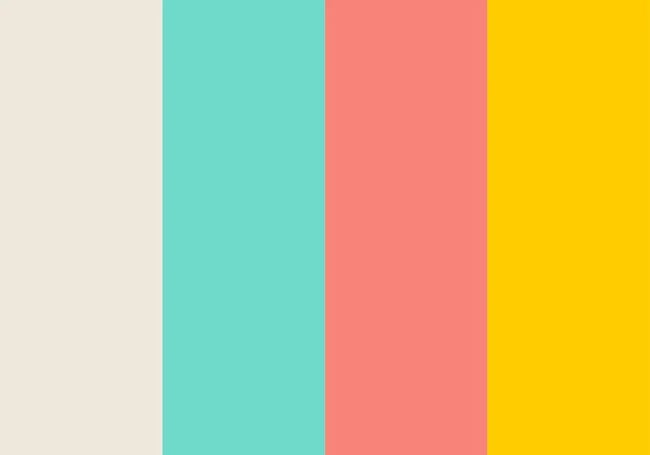
Categories: Thematic.
Hex codes:
- Soft Sand: #EFE7DC
- Tranquil Teal: #6FD9CC
- Desert Rose: #F88379
- Golden Glow: #FFCC00
42. Galactic Adventure
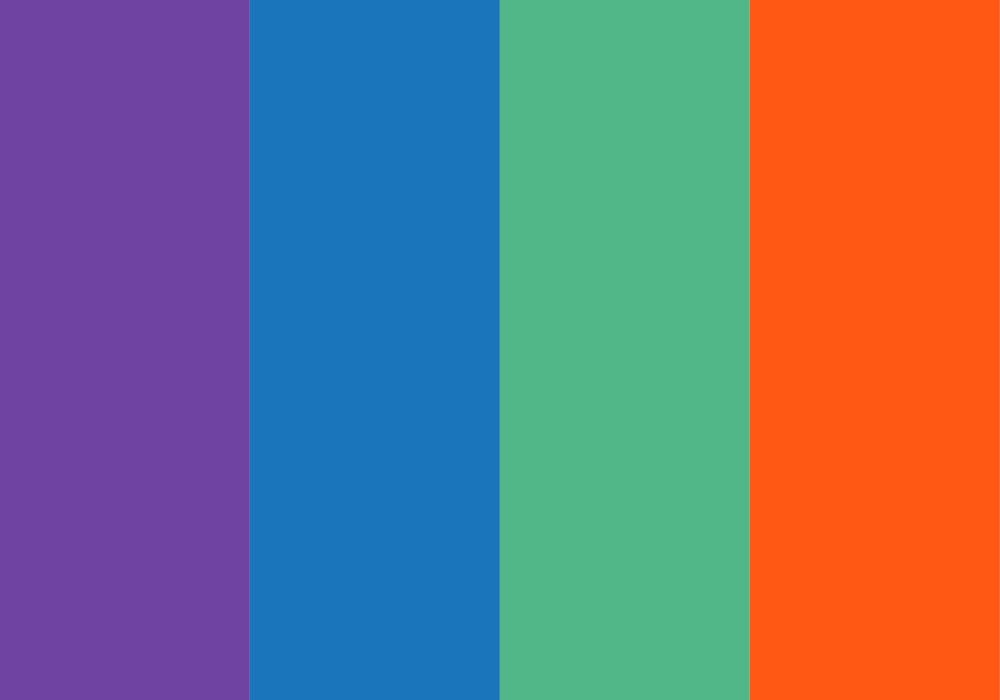
Categories: Thematic.
Hex codes:
- Nebula Purple: #6E43A1
- Astral Blue: #1B75BB
- Comet Green: #52B788
- Meteor Orange: #FF5714
43. Tranquil Serenity

Categories: Monochromatic. Cool.
Hex codes:
- Misty Blue: #AED9E0
- Pale Sky: #C7E7EF
- Baby Blue: #E5F1F7
- Powdered Periwinkle: #F1F6FB
44. Lush Greenery
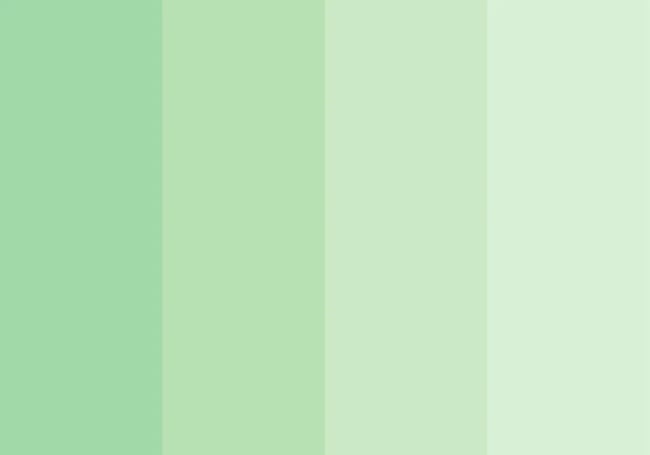
Categories: Monochromatic. Cool.
Hex codes:
- Fresh Mint: #A2D9A8
- Verdant Grass: #B7E1B3
- Leafy Green: #CCE9C6
- Deep Emerald: #D9F2D7
45. Subtle Blush
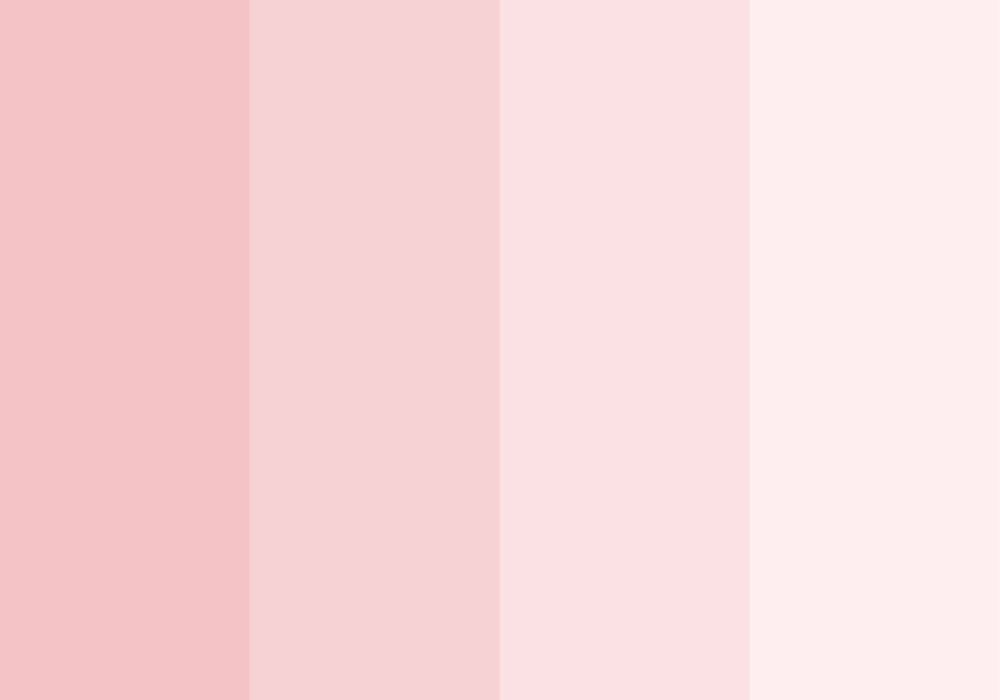
Categories: Monochromatic. Warm.
Hex codes:
- Soft Pink: #F3C3C6
- Blushing Rose: #F7D2D4
- Delicate Peach: #FBE1E3
- Dusty Coral: #FFEEEF
46. Warm Sunrise
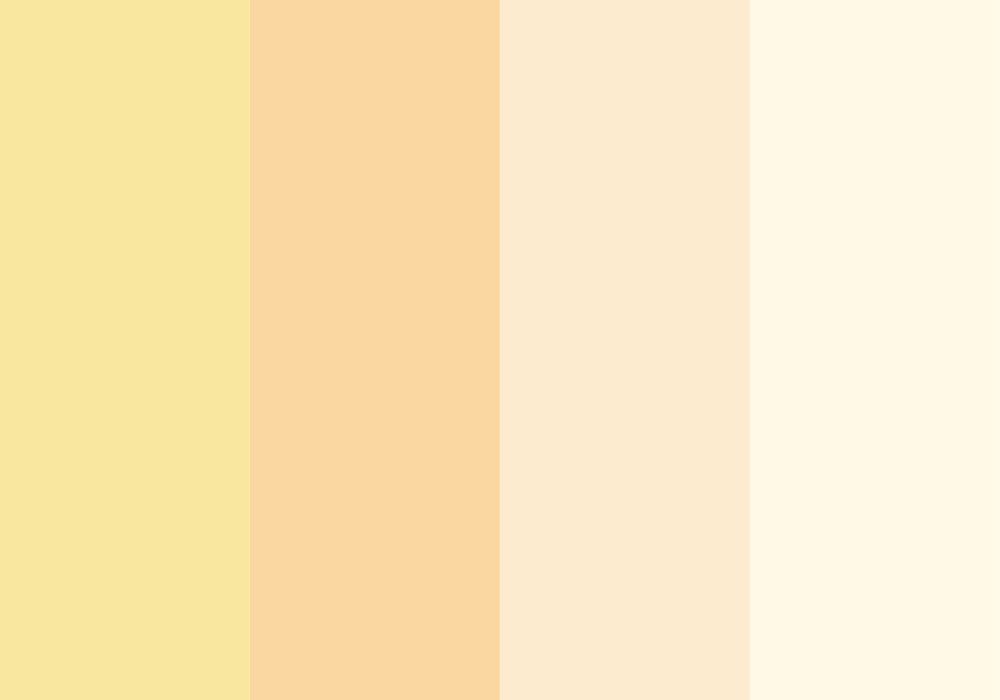
Categories: Monochromatic. Warm.
Hex codes:
- Pale Gold: #F9E79F
- Sunlit Apricot: #FAD7A0
- Amber Glow: #FDEBD0
- Pastel Honey: #FFF9E6
47. Midnight Sky
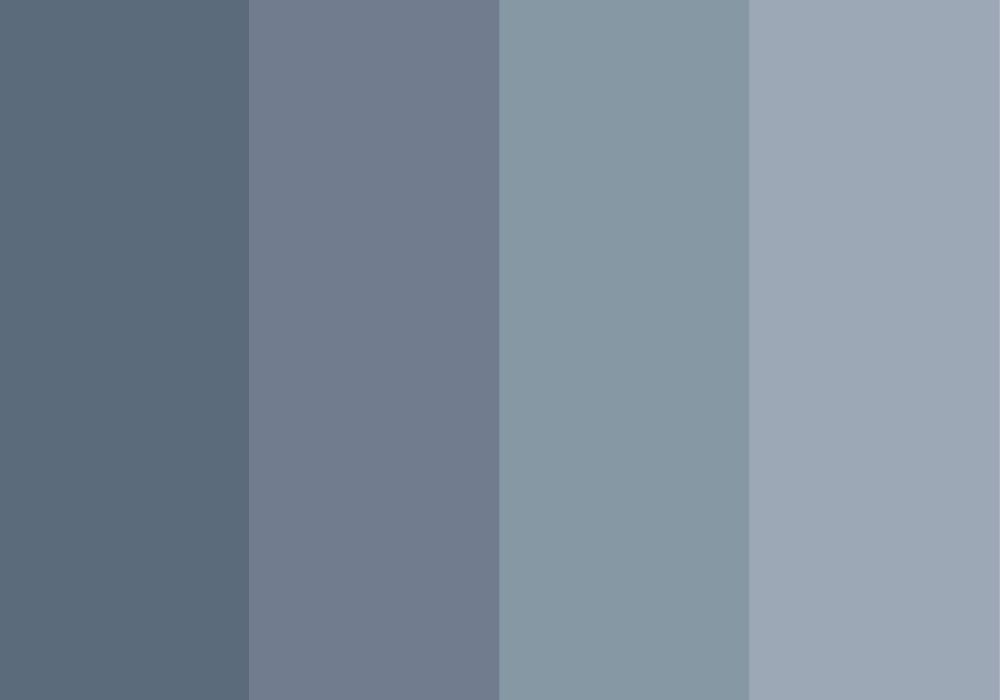
Categories: Monochromatic. Cool.
Hex codes:
- Twilight Sky: #5C6B7B
- Midnight Navy: #717D8E
- Deep Indigo: #8798A5
- Ink Black: #9CA8B6
48. Soft Lavender
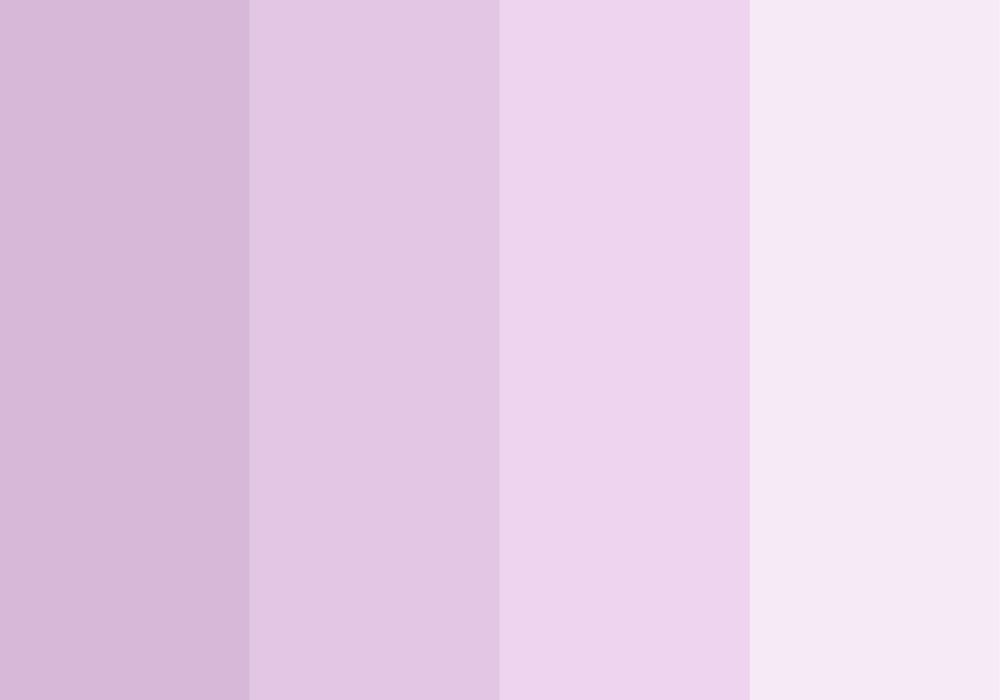
Categories: Monochromatic. Cool.
Hex codes:
- Lilac Haze: #D8B8D8
- Mauve Mist: #E3C6E3
- Pastel Purple: #EED4EE
- Lavender Bliss: #F7EAF7
49. Earthy Taupe
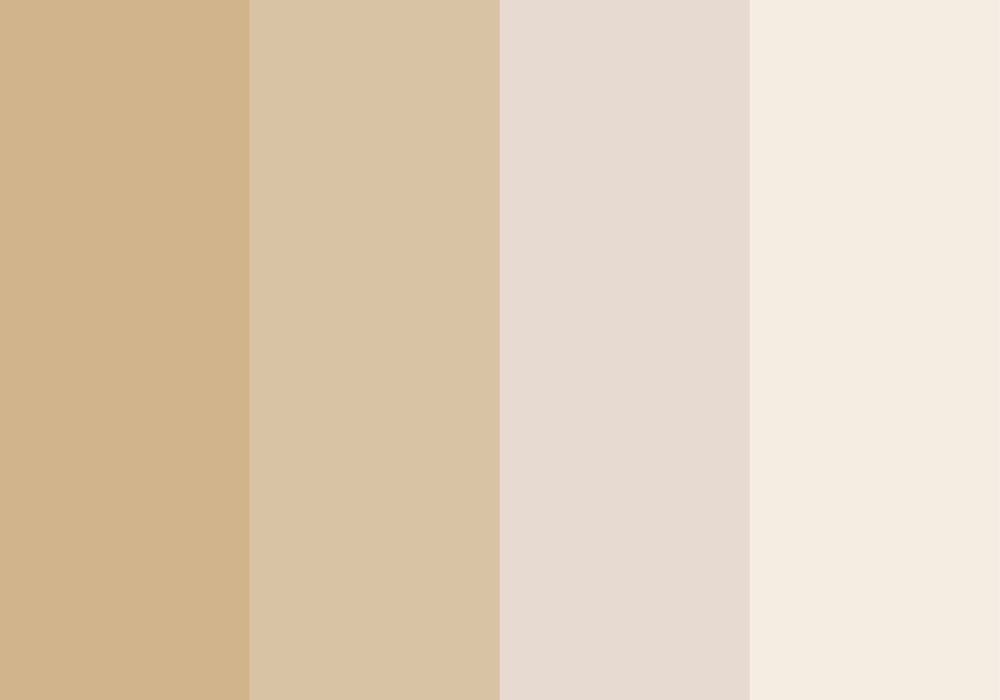
Categories: Monochromatic. Warm.
Hex codes:
- Sandy Beige: #D2B48C
- Warm Taupe: #D8C3A5
- Cocoa Brown: #E7DAD0
- Rich Mocha: #F5EDE2
50. Sunny Yellow
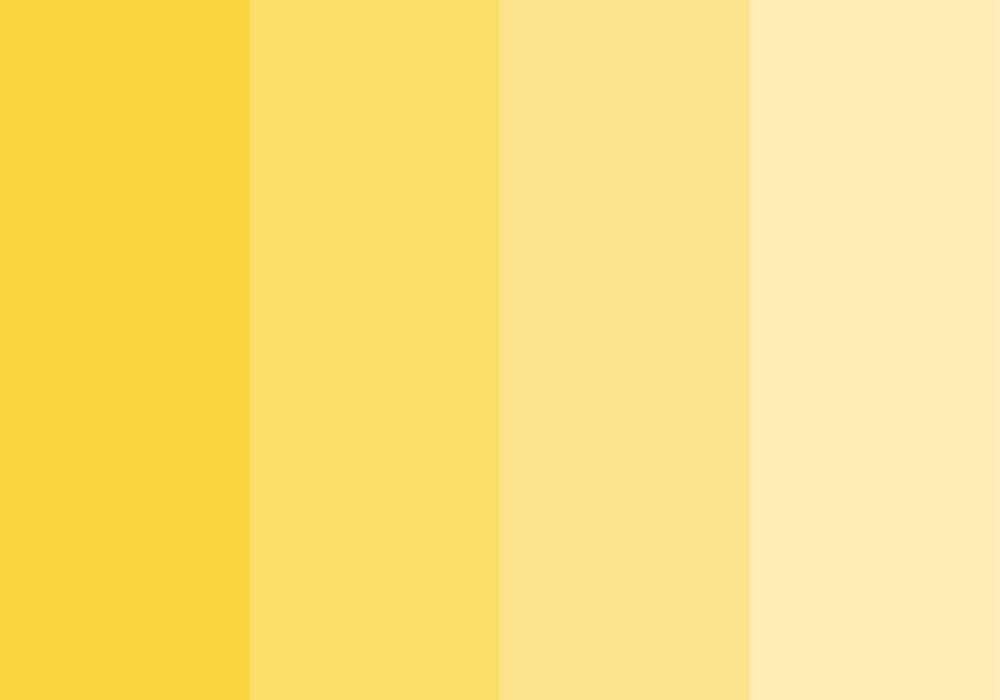
Categories: Monochromatic. Warm.
Hex codes:
- Lemon Zest: #F7D440
- Goldenrod: #F9DF67
- Honey Yellow: #FCE28A
- Sunflower Yellow: #FFEBB3
Color Palette Generators
To gain further inspiration or create unique color palettes for yourself, consider using an online color palette generator.
Color palette generators are extraordinarily helpful — they suggest colors that look good together and even provide the hex color numbers, so you can plug the colors directly into a program like Photoshop.
Before you begin your next design project, you might want to try generating different palettes of your own using one of these free online tools:
Creating A Color Palette
Every design project is different. This means your project will have unique requirements, objectives, and creative direction.
So, while you could pick a palette from this post, another approach is to consider these color palettes as guides. Use this post as a starting point and reference these examples to create a color palette that is truly and uniquely tailored to your design.





